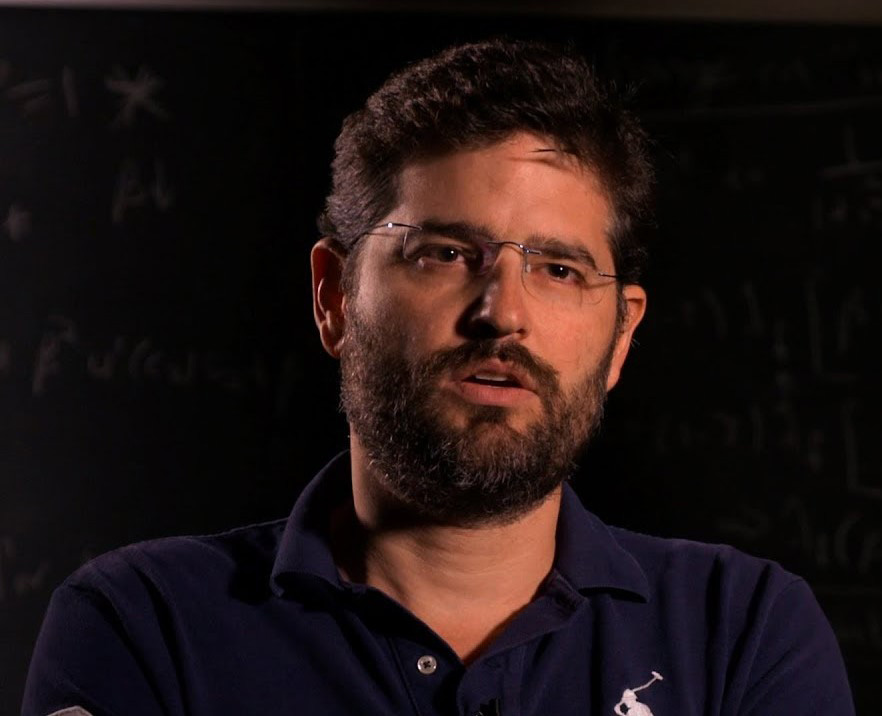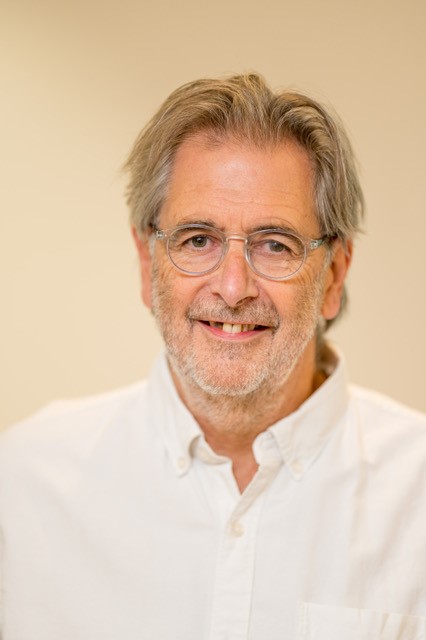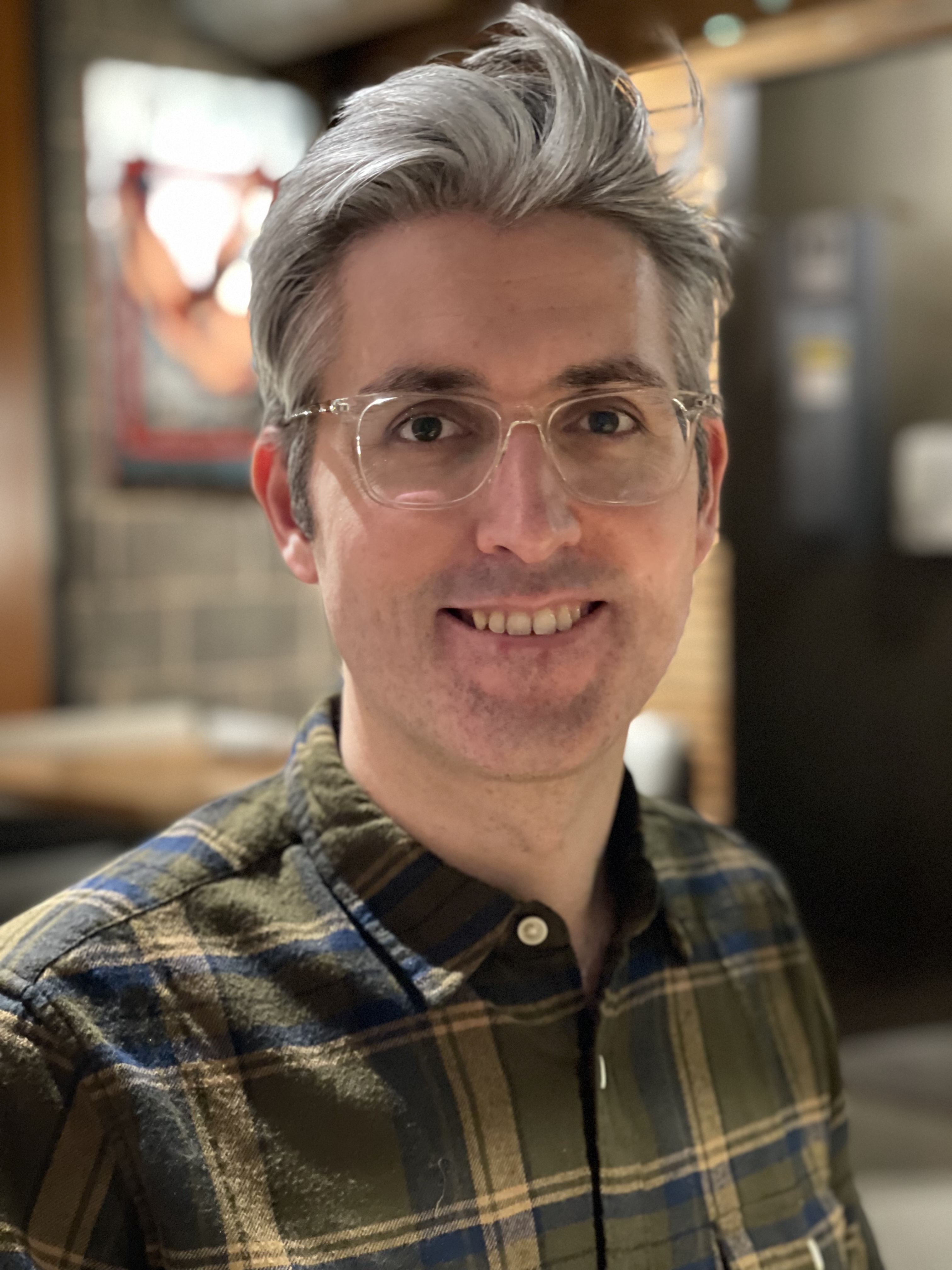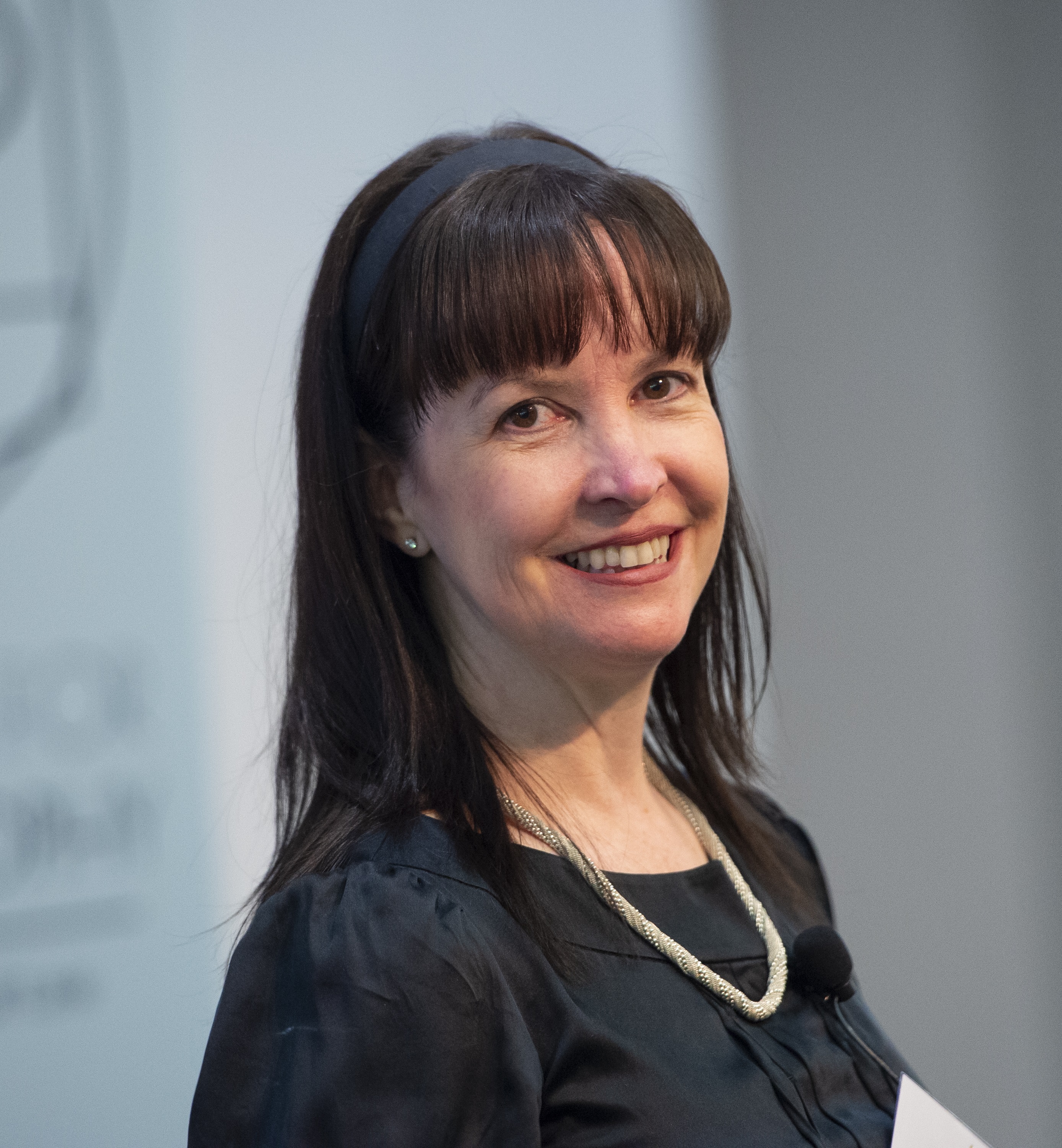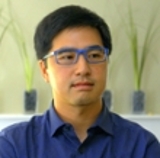»Visiting Lecturers
2026 Spring
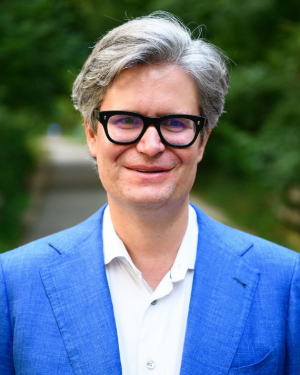 Matthew Adams
Matthew Adams
March 5-6, 2026
Lecture: "The Degeneration of Traditions"
March 6, 2026 • 11:00am • Wilkinson Hall 221
Abstract: The existing literature on traditions primarily focuses on the significance of well-functioning traditions. In this talk, I provide a conceptual analysis of what it is for a tradition to degenerate. I examine different causal explanations for such degeneration and show how they illuminate distinctive dimensions of wrongness.
A tradition degenerates when its current practice remains recognizably continuous with its earlier practice. But it has either declined in its capacity to perform beneficial social functions, or it has been perverted to serve harmful ones.
I distinguish two causal mechanisms that produce such degeneration. The first is forward-looking repurposing: features or rituals of a tradition are detached from their original ends and redirected toward new, problematic functions. For example, in colonial India British officers adapted the Mughal durbar ceremony: they retained its formal elements—such as the exchange of valuables for ceremonial robes—but transformed its meaning from mystical-political incorporation into economic subordination. I argue this type of degeneration involves distinctive injustice: it weaponizes shared cultural expectations and exploits the tradition's retained prestige to facilitate oppression.
The second mechanism is a backward-looking cultural explanation. This explanation is suggested in Thomas Mann’s novel Doctor Faustus. Mann enigmatically observes that if something is doomed it must be doomed from the outset. This idea informs his characterization of Leverkühn the composer in the novel whose personal downfall serves as an allegory for Germany’s descent into Nazism. Leverkühn’s biography is modelled on Nietzsche, whom Mann ultimately came to believe was the source of German irrationalism, which, in turn, was the primary cause of fascism. This explanation suggests that traditions degenerate because problematic elements were embedded in their cultural roots from the beginning. Understanding this genealogy matters normatively: focusing only on "bad actors corrupting good traditions" can obscure systemic dysfunction and impede adequate diagnosis.
It seems possible for some instances of degenerated traditions to be explained exclusively by either the forward- or backward-looking explanation. But it is reasonable to conjecture that this will not standardly be the case. Exclusively focusing on either mechanism therefore risks distortion. Focusing only on forward-looking repurposing can obscure systemic cultural roots, while focusing only on the backward-looking cultural explanation risks cultural fatalism and absolving bad actors of responsibility. I thus argue that a full normative understanding standardly requires attending to both types of causal explanation, as they illuminate distinctive but complementary dimensions of what is wrong with degenerated traditions.
Bio: I am an Assistant Professor of Philosophy at Indiana University Bloomington. I specialize in political philosophy, ethical theory, and applied ethics. I also enjoy thinking about a wide range of philosophical problems ranging from abortion to food aesthetics. Some (but not all) of my research is Rawlsian in spirit. Amongst other venues, my work has been published in the Australasian Journal of Philosophy and Philosophical Studies.
Before I came to Indiana, I was a Postdoctoral Fellow at the McCoy Family Center for
Ethics in Society at Stanford University. And I completed my PhD under the supervision
of A. John Simmons at UVA.
2025 Fall
 Mark Pennington
Mark Pennington
December 3-5, 2025
Book: Foucault and Liberal Political Economy: Power, Knowledge, and Freedom
December 4, 2025 • 4:00pm • Wilkinson Hall 221
In-Class Collaboration: ECON/ENG/PHIL 357 Topics in Humanomics:
"Justice-fying Property"
Abstract: This book is the first to comprehensively engage the ideas of the French social theorist and philosopher Michel Foucault from within the tradition of liberal political economy. The first part demonstrates important commonalities between Foucault’s ideas and those of a neglected ‘postmodern’ stream in liberal political thought. These ideas draw on a social theory emphasising a culturally situated individualism; a philosophy of science highly sceptical of socio-economic ‘scientism’ and ‘expert rule’; and an understanding of freedom as an open-ended process of ‘self-creation’ in the face of cultural power relations—a freedom threatened by alignments between state power and more decentred manifestations of power. Part II deploys the tools of Foucault’s critical social theory and those of a postmodern liberalism to problematise four separate though overlapping ‘bio-political’ or ‘pastoral’ dispositifs in contemporary societies focused on social justice, public health, ecological sustainability, and law and order. Where the Foucauldian and the postmodern liberal approaches point towards the value of a cultural and economic ‘creative destruction’ that destabilises existing modes of thought and ways of being, the pastoral dispositifs that seek to ‘monitor and correct’ multiple pattern anomalies are shown to stifle the space for that creative freedom. Though the book does not engage the question of whether Foucault himself moved towards endorsing liberal political economy, it throws considerable light on how key Foucauldian concerns may be addressed within the liberal tradition and why Foucauldians may have reason to embrace a reconstituted or postmodern liberalism.
Bio: Mark Pennington is Professor of Political Economy and Public Policy at King’s College University of London, where he directs the Centre for the Study of Governance and Society. Mark was head of the Department of Political Economy between 2016 and 2020. His work takes place at the intersection of philosophy, politics, and economics with a focus on problems of limited knowledge and bounded rationality. This approach is exemplified in Foucault and Liberal Political Economy: Power, Knowledge and Freedom (Oxford University Press, 2025) which is the first attempt to integrate Michel Foucault’s ‘post-modern’ social and political theory with the perspective of liberal political economy. Mark’s earlier work includes analyses of the classical liberal tradition, environmental governance, social capital, and the relationship between markets and democratic citizenship – brought together in the book Robust Political Economy: classical liberalism and the future of public policy (Edward Elgar, 2011). He is also the author of Planning and the Political Market (Continuum, 2001) a political economy analysis of the UK town and country planning system.
 Kirun Sankaran
Kirun Sankaran
December 1-5, 2025
Lecture: "Alienation Arguments"
December 2, 2025 • 4:00pm • Wilkinson Hall 221
In-Class Collaboration: FFC 100 "Dangerous Ideas," ECON 204, ECON/ENG/PHIL 357 Topics in Humanomics: "Justice-fying Property," and PHIL 398
Abstract: It's often argued that capitalism is alienating, because markets' reliance on extrinsic incentives, instrumental valuation, and commodity exchange make our social and political order confront us as something hostile or out of step with important, reflectively-endorsed ethical values. I argue that these arguments overgeneralize. The alienating features of markets allow them to overcome the information costs and free-rider problems that undermine large-scale cooperation. This is also true of bureaucracy, which is both historically and theoretically the most common alternative to market organization. In both cases, scalability explains alienation. Often, alienation theorists turn to democracy as a paradigmatically non-alienating governance mechanism. However, the features that make democracy non-alienating also leave it vulnerable to information costs and free-rider problems. Alienation theorists thus face a challenge. They must describe a non-alienated social relation that can overcome the problems that undermine large-scale cooperation. The prospects seem dim. Some amount of alienation may just be an inevitable drawback of our political arrangements.
Bio: Kirun Sankaran is a Postdoctoral Fellow in the Political Economy Project and Lecturer in Philosophy at Dartmouth College. Kirun’s research primarily concerns issues in social and political philosophy surrounding challenges to the liberal commitment to economic growth.
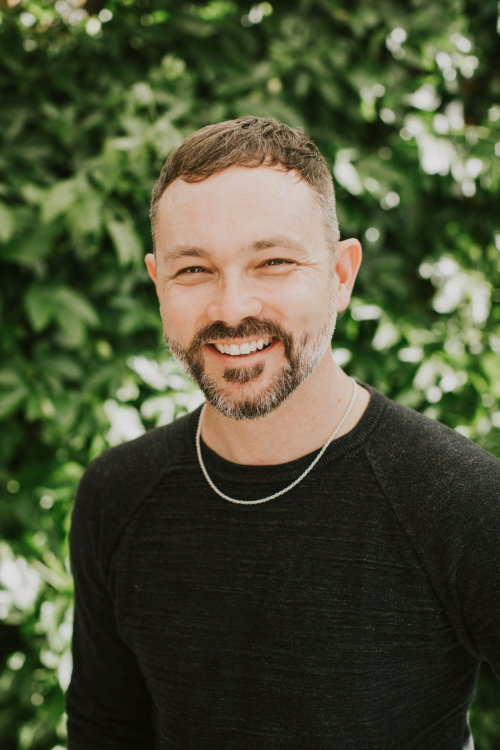 Nick Riggle
Nick Riggle
November 10-13, 2025
Lecture: "The Hype is Real"
November 11, 2025 • 4:00pm • Wilkinson Hall 221
In-Class Collaboration: FFC 100 "Dangerous Ideas," FFC 100 "Utopia and Dystopia in Film and Fiction," ECON/ENG/PHIL 357 Topics in Humanomics: "Justice-fying Property," and PHIL 398
Abstract: Hype is a pervasive feature of contemporary life, and there is an interdisciplinary consensus that hype is a form of exaggeration that has pernicious large-scale effects. But this view cannot account for the fact that, sometimes, the hype is real—hype can target things that really are as good as the hype makes them out to be. Here I argue that hype is not exaggeration but rather a distinctive type of speech act that encourages collective valuing by highlighting sources of value and calling for its own repetition. As such, whether "hyping" is appropriate or not depends on the constitutive values of the practice in which it operates. Hype is appropriate in a practice to the extent that the kind of collective valuing hype promotes serves rather than undermines the aims of the practice, and so it will have very different roles to play in e.g. aesthetic valuing and scientific practice. I end by arguing that Kantian “subjectively universal” aesthetic judgments, as articulated in the Analytic of the Beautiful, are proto-hype.
Bio: Nick Riggle is Associate Professor of Philosophy in the Department of Philosophy at the University of San Diego. His work centers around questions about the nature of aesthetic value, its place in our lives, and its importance for our practices and institutions. He draws on and contributes to work in value theory, philosophy of language, history of philosophy, moral psychology, social philosophy, and other areas. He also writes for non-academic audiences and has published work in various popular outlets, including two books: On Being Awesome: A Unified Theory of How Not to Suck (Penguin Books), and This Beauty: A Philosophy of Being Alive (Basic Books). His works has appeared in The Philosophical Review, Mind, Philosophy and Phenomenological Research, The New York Times, McSweeney's, LitHub, Aeon, and others outlets.
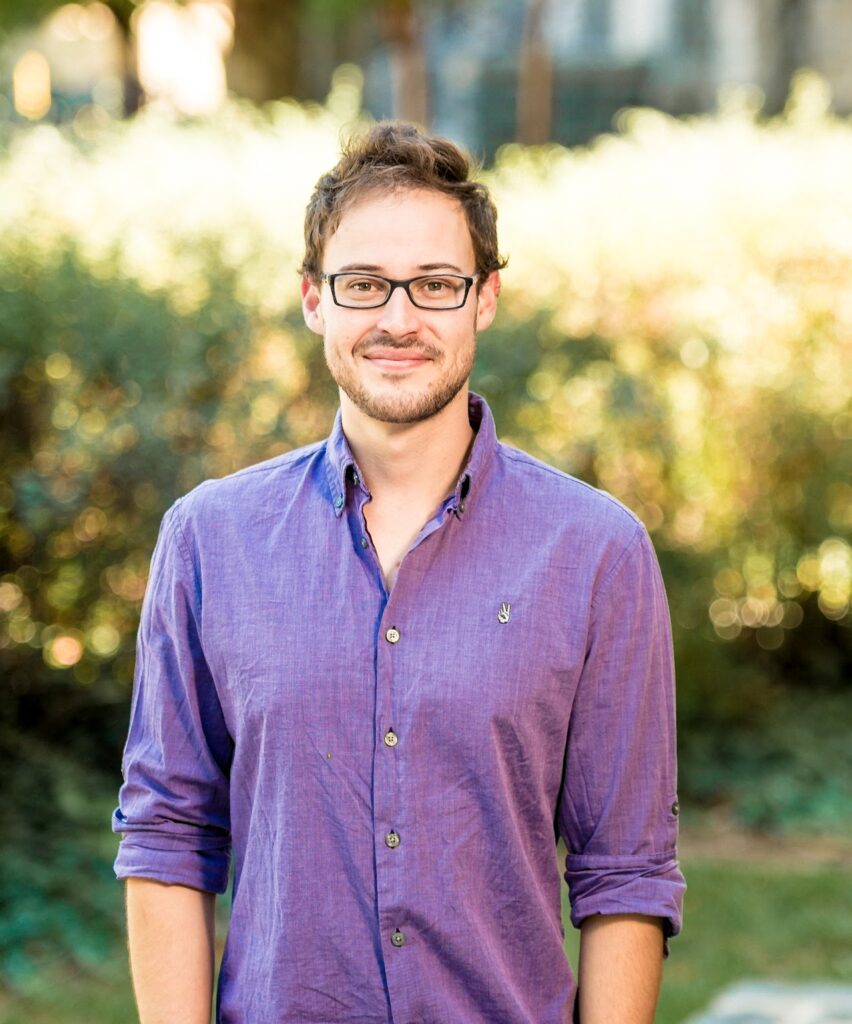 Matthew Kovach
Matthew Kovach
Lecture: "Updating Beliefs with Information from an Unknown Data Generating Process: Theory
and Experiments"
October 22, 2025 • 4:00pm • Wilkinson Hall 221
Abstract: We study belief revision when information is represented by a set of probability distributions, or general information. General information extends the standard event notion while including qualitative information (A is more likely than B), interval information (A has a ten-to-twenty percent chance), and more. We behaviorally characterize Inertial Updating: the decision maker's posterior is of minimal subjective distance from her prior, given the information constraint. Further, we introduce and characterize a notion of Bayesian updating for general information and show that Bayesian agents may disagree. We also behaviorally characterize f-divergences, the class of distances consistent with Bayesian updating.Bio: Matthew Kovach is an Assistant Professor of Economics in the Mitchell E. Daniels, Jr. School of Business at Purdue University.
 Minhua Yan
Minhua Yan
October 20-24, 2025
Lecture: "Can 'bad' norms persist?"
October 20, 2025 • 4:00pm • Wilkinson Hall 221
In-Class Collaboration: FFC 100 "Dangerous Ideas," ECON 204, and
ECON/ENG/PHIL 357 Topics in Humanomics:
"Justice-fying Property"
Abstract: Social norms are unwritten rules that guide human behavior and social interaction. They play a central role in promoting cooperation and maintaining cultural diversity. Yet because social norms pressure people to do what others do, “bad” norms may also persist. In this talk, I present insights from a mathematical model and a field study that together examine whether and how “bad” norms can persist. The model challenges the idea that arbitrary or harmful norms can be maintained solely by social pressure. It shows that norms with continuously varying behavioral options cannot be maintained at ecologically or psychologically suboptimal equilibria, suggesting that norms adapt more readily than previously assumed. The field study, conducted among the Derung people (small-scale horticulturalists in Yunnan, China) finds that they continue to follow a co-farming harvest division norm despite knowing it brings lower ecological payoffs and that deviating from it elicits no disapproval. Rather than payoff calculations, Derung farmers adhere to the norm out of a desire to follow tradition and common practice. In addition to the preference to conform, rare social costs arise because deviations can signal selfishness or weak social bonds. Together, these findings suggest that undesired norms can persist without social policing, sustained instead by conformity and prosocial motivations.
Bio: Dr. Minhua Yan is an evolutionary social scientist whose research bridges individual decision-making and societal outcomes. She earned her BS in Ecology and Evolutionary Biology from Cornell University and her PhD in Anthropology from Arizona State University. She is currently a Research Fellow at the Institute for Advanced Study in Toulouse. Dr. Yan combines mathematical modeling, fieldwork, and online surveys to study how social norms evolve and influence behavior, health, and economic outcomes. She has established a long-term field site with the Derung people in Yunnan, China, where she has conducted 20 months of research on individual decision-making and continues to document societal norm change amid market integration. Drawing on methods and theories from theoretical biology, game theory, and evolutionary anthropology, Dr. Yan integrates diverse approaches to address emerging social challenges.
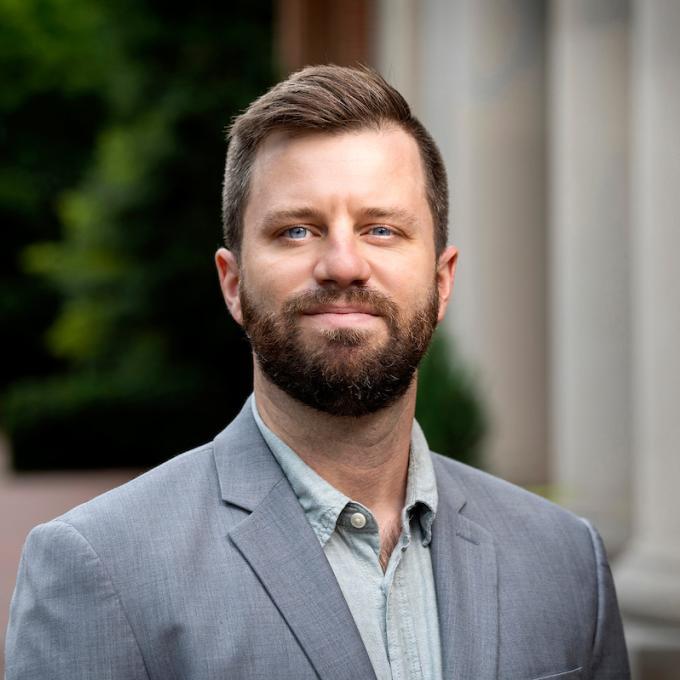 Daniel Layman
Daniel Layman
September 8-12, 2025
Lecture: "Nozick, Self-Ownership, and the Problem of Self-Enslavement"
September 11, 2025 • 4:00pm • Wilkinson Hall 221
In-Class Collaboration: ECON/ENG/PHIL 357: "Justice-fying Property,"
ECON 204, and PHIL 398
Abstract: In Anarchy, State, and Utopia, Robert Nozick claims that people have a right to enslave themselves. But later in life, Nozick expressed misgivings about this position and cast doubt on whether the “logic of libertarianism” really extends to self-enslavement. My aim here is to work out in detail how Nozickean libertarianism does indeed stop short of countenancing a right to self-enslave. I argue that self-ownership as Nozick understands it is grounded in a moral dignity that is itself grounded in the design and execution of one’s own life. Since self-enslavement destroys the self-enslaver as the designer and executor of her own life, there is no reason to include self-enslavement among the rights that constitute self-ownership. With this much in hand, I propose a non-enslavement proviso in lieu of Nozick’s Lockean proviso. The non-enslavement proviso, I argue, is a more natural fit with the historical structure of Nozick’s Entitlement Theory of distributive justice than the Lockean proviso. Thus, libertarianism without self-enslavement improves on Nozick’s original position on multiple fronts.
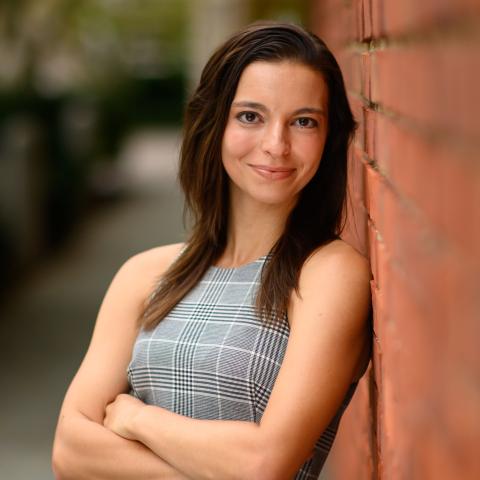 Jocelyn Wilson
Jocelyn Wilson
September 8-12, 2025
Lecture: "Fora First: A New Structure for Free Speech"
September 10, 2025 • 4:00pm • Wilkinson Hall 221
In-Class Collaboration: ECON/ENG/PHIL 357: "Justice-fying Property,"
ECON 204, and PHIL 398
Abstract: Should the content of our speech rights depend on the particular character and function of the forum in which we are speaking? Contemporary conflicts suggest as much. Fights over academic freedom, for instance, often turn on whether one sees the public university as merely an organ of the state or as a truth-seeking institution. Similarly, disputes over social media regulations are often driven by differing characterizations of the platforms themselves. Even conflicts over protest turn on disagreements over how public spaces are expected to function, and specifically with how much disruption they should foster. Clashing visions of fora, it would seem, produce conflicting sets of rights. This phenomenon has an underappreciated theoretical upshot: to ascertain the existence and scope of one’s right to free speech, one must look to the needs of the forum in which one is speaking. It displays a forum-based theory of free speech.
Yet this forum-based approach is noticeably out of step with existing free speech
theory. Dominant theoretical approaches focus on the value of speech largely abstracted
away from the specific forum in which speech arises. These approaches make individuals
– such as speakers, listeners, and thinkers – the focal point of free speech theorizing,
and they thereby assume that individuals are the best objects for directly realizing
free speech values. According to this dominant theoretical structure, we can identify
and delineate speech rights without special regard for the forum in which speech occurs.
Of course, to the extent that the forum-based approach diverges from dominant theoretical
approaches, then that may be all the worse for the approach. One might simply dismiss
the reliance on forum within these controversies as an incoherent or undesirable practice.
But I argue that, in this instance, our theory should take a cue from practice. In
this vein, I construct a forum-based theory of free speech which can explain and justify
the dominant role forum plays in determining the boundaries of free speech.
To do so, I first survey three contemporary free speech controversies over: 1) the proper scope of academic freedom; 2) the regulation of social media platforms; and 3) the proper scope of protest rights. I observe that disputants within these controversies routinely rely on forum considerations to settle conflicts over free speech. I then flesh out the core features of a forum-based theory which could explain and justify the role of forum in determining the boundaries of free speech. I next argue that this forum-based theory is distinct, by which I mean that it is not reducible to alternative theories and exhibits a meaningful break with the existing theoretical literature. The forum-based theory thus uniquely explains the role of forum in these controversies. Finally, I address the question of whether my forum-based approach is itself desirable. In this vein, I argue that forum theory best protects core free speech values while also providing direct and meaningful guidance in applying existing free speech doctrine and crafting regulations around expression.
Bio: Jocelyn Wilson is a PhD Candidate in the Department of Politics at Princeton University specializing in Political Theory and Public Law. For the 25-26 academic year, she will serve as a law clerk for the Hon. Judge Robert Sack of the Second Circuit. She earned a JD at the University of Virginia School of Law and an MA in Legal and Political Theory at University College London.
Jocelyn Wilson's primary research interests are in free speech, U.S. constitutional
theory and law, and philosophy of law. In her dissertation, Governing Through Speech, she presents a novel forum-based approach to free speech according to which the
content and scope of our speech rights depend on the forum in which we are speaking.
She argues that this forum-based approach better fits with existing practice but that
it also better realizes the values underlying free speech, especially that of self-governance.
Her work has appeared in the San Diego Law Review and Res Publica, among other venues.
2025 Spring
6th Annual Meeting of Locke Working Group
July 28 & 29, 2025 • 9:00am - 5:00pm • Wilkinson Hall 221
The Locke Political Philosophy Workshop (LPPW) is a research community in the world
dedicated to cultivating new scholarship on Lockean political thought. Founded by
Daniel Layman (Davidson College) and Bas van der Vossen (Chapman University) in 2019,
LPPW meets each summer to workshop papers in progress by its members. All papers are
pre-read, discussed by a designated commentator, and then workshopped with the group
as a whole. The workshop is fully funded by the Stephenson Institute for Classical
Liberalism at Wabash College and hosted this year by the Smith Institute for Political
Economy and Philosophy at Chapman University. Participants this year are:
- Ruth Boeker (University College Dublin)
- Hannah Carnegy-Arbuthnott (University of York)
- Amy Chandran (University of Florida)
- Billy Christmas (West Virginia University)
- Tony Hernandez (Wabash College)
- Daniel Layman (Davidson College)
- Mary Jo MacDonald (University of Toronto)
- Johan Olsthoorn (University of Amsterdam)
- Brian Smith (Nazarbayev University)
- Kathryn Tabb (Bard College)
- Bas van der Vossen (Chapman University)
The Stephenson Institute's 2nd Annual Early-to-Mid Career Work-in-Progress Workshop
May 29-30, 2025 • Wilkinson Hall 221
The Stephenson Institute's 2nd annual work-in-progress workshop in moral and political theory will take place over the course of two days at Chapman University's Smith Institute for Political Economy and Philosophy. Participants from the Stephenson and Smith Institutes will discuss each other's drafts of papers broadly concerned with the intellectual themes animating classical liberalism.
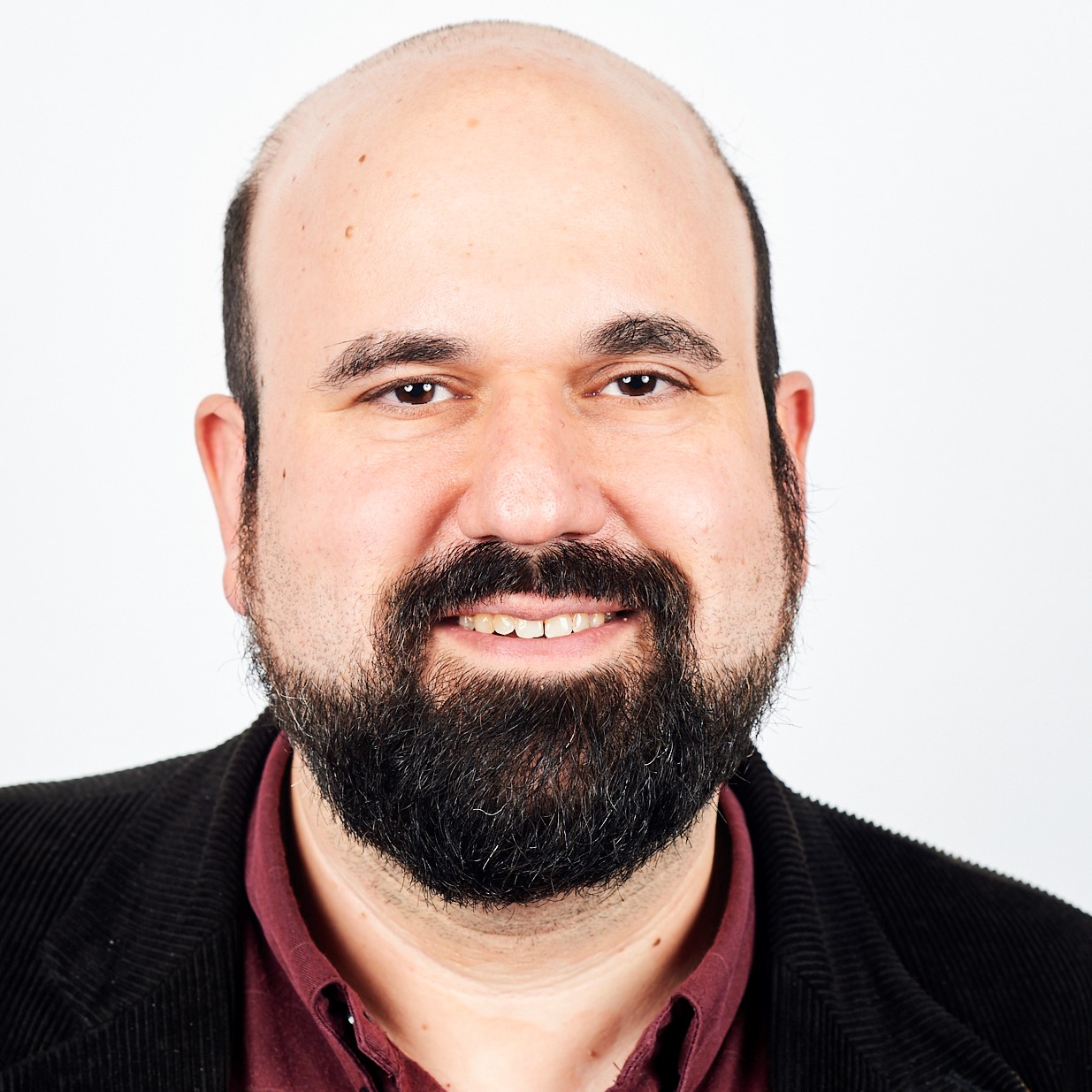 Michael Frazer
Michael Frazer
May 5-9, 2025
Lecture: "Max Weber's Defence of Scholarly Activism"
May 8, 2025 • 4:00pm • Wilkinson Hall 221
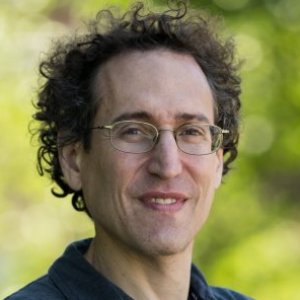 James Druckman
James Druckman
April 28-May 2, 2025
Lecture: "Protests and Policy: How Violent Tactics and Protestor Race Shape Outcomes"
April 30, 2025 • 4:00pm • Wilkinson Hall 221
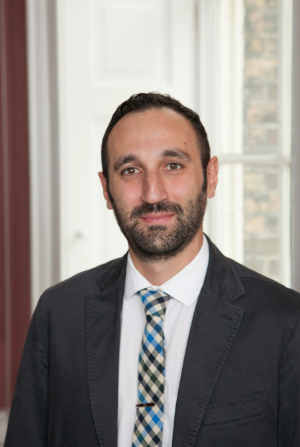 Massimo Renzo
Massimo Renzo
April 22-28, 2025
Lecture: "Autonomy and the Value of Choosing"
April 24, 2025 • 4:00pm • Wilkinson Hall 221
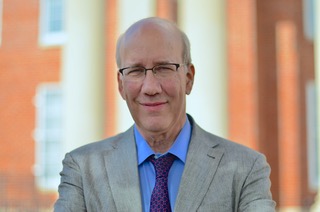 Christopher Morris
Christopher Morris
April 7-11, 2025
Lecture: "How Natural are Natural Rights?"
April 9, 2025 • 4:00pm • Wilkinson Hall 221
It is however puzzling where natural rights come from, or if there are any at all.
They have been dismissed as “nonsense on stilts”. Most rights, after all, come from
laws or from custom. Many if not most “human rights” of the kind favored today issue
from legal agreements or custom and consequently are different from traditional natural
rights. I will explore a slightly different way of understanding what makes these
rights natural, and that will enable us to understand how they emerge from convention
and yet are natural. I’ll take up an important argument against this way of thinking.
My account will also explain how morality broadly understood can be natural. I will
suggest some reasons why philosophers have resisted the suggestion I am defending.
Bio: Christopher Morris is Professor Emeritus of Philosophy at the University of Maryland
and former chair of department. His interests are in moral, political, and legal philosophy
and the theory of practical rationality.
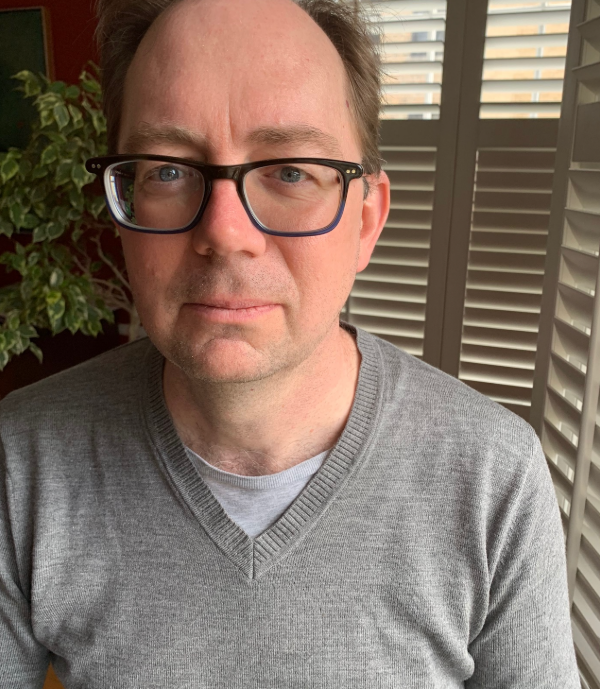 Christopher Bush
Christopher Bush
March 17-21, 2025
Lecture: "The Troubled Present" : Haiku as World Literature between the World Wars
March 18, 2025 • 4:00pm • Wilkinson Hall 221
Following a brief opening example from China, my talk will focus on three distinct literary-critical contexts in which haiku were written and written about during this period: France during the First World War; Central Europe during the interwar period; and early 1920s Brazil, during the birth of a self-consciously national modernismo. In dialogue with the work of such theorists such as Peter Osborne, my conclusion argues that the modernist haiku can best be understood less in terms of the modern—breaking with the past to create something new—and more in terms of the contemporary: figuring a complex present in which everything everywhere is happening in the same, shared time.
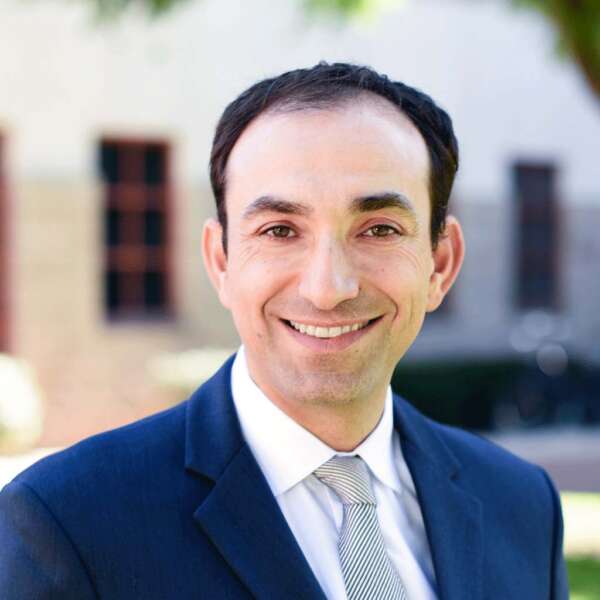 Joshua Tasoff
Joshua Tasoff
Lecture: "Moral Preferences and the Marketplace of Ideas"
March 5, 2025 • 4:00pm • Wilkinson Hall 221
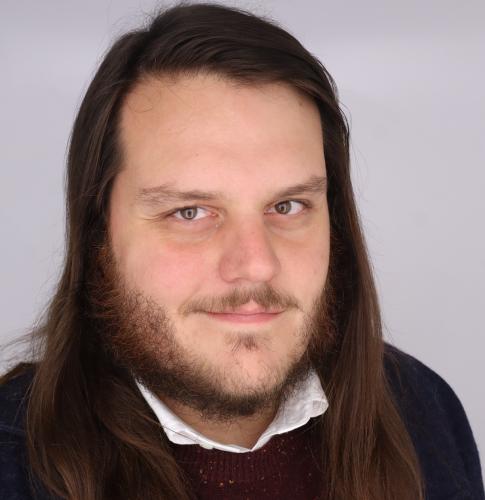 Andrew Wilkins
Andrew Wilkins
Lecture: "Allodial vs Feudal, Ancient vs Modern: Dynamism, History, and the Possibility of Freedom in Smith's Stadial Theory"
February 20, 2025 • 4:00pm • Wilkinson Hall 221
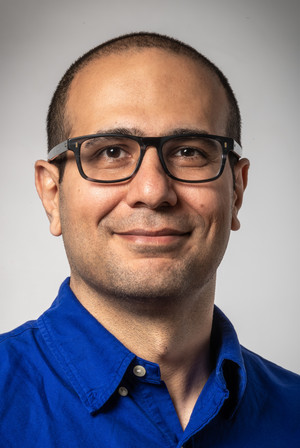 Aidin Hajikhameneh
Aidin Hajikhameneh
February 1-28, 2025
In-Class Collaboration: ECON/ENG/PHIL 357: "The Rules of the Game"
Bio: Aidin Hajikhameneh is an Associate Professor of Economics at San Jose State University and co-director of
the Spartan Experimental Economics Lab (SEEL). His research spans experimental economics,
behavioral economics, and economic history, with a current emphasis on how culture,
religion, and enforcement institutions impact decision-making.
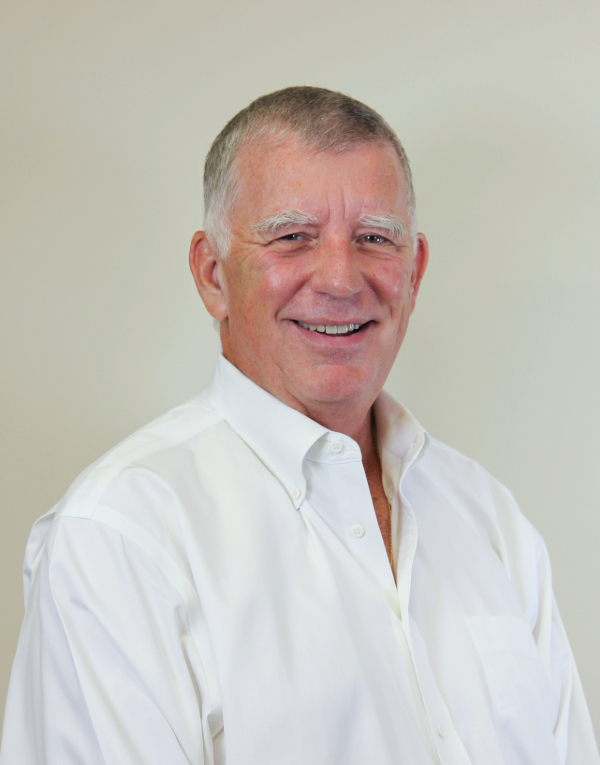 John Wallis
John Wallis
January 15-17, 2025
In-Class Collaboration: ECON/ENG/PHIL 357: "Equality" & PHIL 318: Political/Legal Philosophy
Bio: John Wallis is Professor of Economics at the University of Maryland and a Research Associate at the National Bureau of Economic Research. He is economic historian and institutional economist whose research focuses on the dynamic interaction of political and economic institutions over time. An American economic historian, he collected large data sets on government finances and on state constitutions. His early research focused on the New Deal, and then his focus shifted to research on the early 19th century, the collapse of state government finances in the 1840s, and the constitutional changes in states that followed. Over the last two decades his research has expanded to cover a longer period, wider geography, and more general questions of how societies use institutions of economics and politics to solve the problem of controlling violence and, in some situations, sustaining economic growth. He published Violence and Social Orders: A Conceptual Framework for Interpreting Recorded Human History with Douglass North and Barry Weingast, Cambridge University Press, 2009 and In the Shadow of Violence: Politics, Economics, and the Problem of Development, edited with Douglass North, Steven Webb, and Barry Weingast, CUP, 2013. He edited Organizations, Civil Society, and the Roots of Development, with Naomi Lamoreaux. Chicago: NBER/University of Chicago Press, 2017. In the 2022/23 academic year he was the Pitt Professor of American History and Institutions at Cambridge University, and from 2018 to 2023 he was the Mancur Olson Professor of Economics at the University of Maryland. He is currently working on a new book examining the emergence of impersonal rules and the nature of modern development: Leviathan Denied: Rules, Organizations, and Governments.
2024 Fall
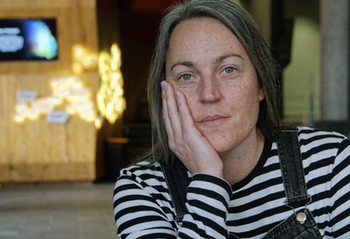 Holly Lawford-Smith
Holly Lawford-Smith
November 12, 2024
In-Class Collaboration: FFC 100 "Dangerous Ideas"
Bio: Holly Lawford-Smith is an Associate Professor in Political Philosophy at the University of Melbourne. She is the author of Not in Their Name (2019), Gender-Critical Feminism (2022), and Sex Matters: Essays in Gender-Critical Philosophy (2023), all with Oxford University Press; and Is It Wrong To Buy Sex? A Debate (2024), written together with Angie Pepper and published with Routeledge. She teaches courses on feminism, everyday ethics, and free speech and hate speech. Her current research project is considering the place of feminism in relation to the left-right policical spectrum.
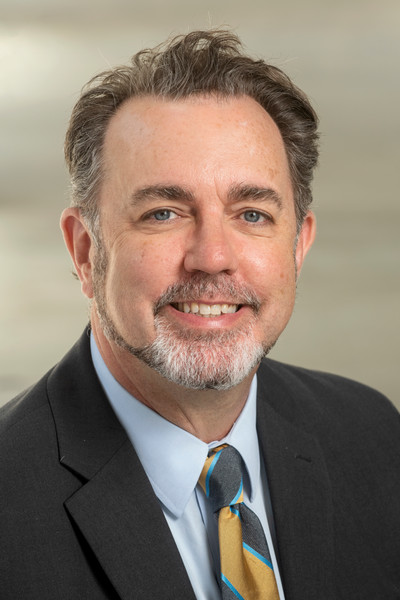
Garett Jones
October 29, 2024
In-Class Collaboration: FFC 100 "Dangerous Ideas"
Bio: Garett Jones is Professor of Economics at George Mason University, specializing in macroeconomics, political economy, and the role of cognitive factors in economic development. He is the author of 10% Less Democracy, The Culture Transplant, and Hive Mind, and his research often explores the intersection of economic growth, institutional design, and human capital.
 Aidin Hajikhameneh
Aidin Hajikhameneh
October 1-31, 2024
In-Class Collaboration: FFC 100 "Choice in Economics and The Sandman"
Lecture: "Uncertainty, Superstition, and Endogenous Group Formation: An Intergenerational Experiment"
October 16, 2024 • 4:00pm • Wilkinson Hall 221
Abstract: I report on an intergenerational lab experiment that adapts the classic public goods game by adding a computer algorithm that adjusts the payoffs. Adjustments were additive, reported separately from the contribution decisions, and unbeknownst to the subjects, random. Subjects were incentivized to advise future participants on how to play the game and reveal their beliefs about the underlying mechanism of the adjustments. In the second generation, subjects with superstitious beliefs contribute more to the public good than others. In the two supplementary treatments, the subjects had the option of sacrificing their personal gains to form new groups. Superstitious subjects were more willing than others to sacrifice and contribute to the public good. Hence, by sacrificing their personal gains, superstitious subjects endogenously form ultrasocial groups that, on average, contribute 85% of their endowments to the public good, fostering the highest level of collective welfare across all treatments.
Bio: Aidin Hajikhameneh is an Associate Professor of Economics at San Jose State University and co-director of the Spartan Experimental Economics Lab (SEEL). His research spans experimental economics, behavioral economics, and economic history, with a current emphasis on how culture, religion, and enforcement institutions impact decision-making.
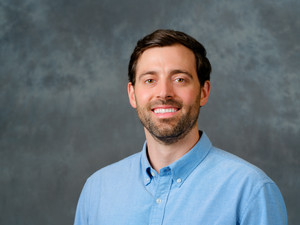 Brian Marein
Brian Marein
October 1, 2024
In-Class Collaboration: FFC 100 "Dangerous Ideas"
Bio: Brian is an assistant professor of economics at Wake Forest University. He holds a PhD and MA in economics from the University of Colorado Boulder and a BS in economics and Spanish from the Ohio State University. Before joining Wake Forest, Brian was a visiting assistant professor at the University of Toronto. His research interests are in economic history and development, with a focus on Latin America, the Caribbean, and the United States in the early 20th century.
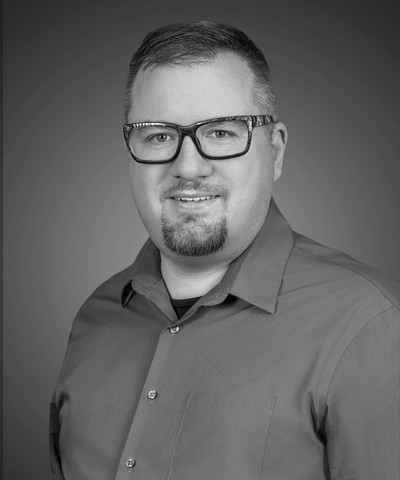 Adam Martin
Adam Martin
September 23-27, 2024
In-Class Collaboration: FFC 100 "Choice in Economics and The Sandman"
Lecture: "The (Tragic) Necessity of Consumer Sovereignty"
September 25, 2024 • 4:00pm • Wilkinson Hall 221
Abstract: Markets give us what we want. Economists refer to this feature of market systems as consumer sovereignty. But it is not always a good thing. Behavioral paternalists, deep ecologists, post-liberals, and others have raised various challenges to the idea that individuals getting what they want is a good thing. This essay grants that consumers often want bad things and that it is bad when they get them, but argues that consumer sovereignty is still a (perhaps tragic) standard worth defending when evaluating market institutions. I imagine an alternative to a free market system that I call market paternalism, which is the opposite of the older idea of market socialism. Market socialism uses the tools of state planning to satisfy consumer preferences, while market paternalism uses rivalrous competition to satisfy planners’ preferences for what individuals should consume. Like market socialism, market paternalism fails to deliver the innovation and adaptation that allow free market systems to deliver the possibility of human flourishing. Consumers contribute more than just passive preferences to the market process. I contrast market paternalism with yet another alternative, market fraternalism, and deliver some good and bad news. Market fraternalism curbs some of consumers’ bad choices. It also obtains for most people in wealthy nations, and is in most circumstances institutionally identical to individualistic free markets. But it also amplifies some of our bad choices. It is still probably the best we can do.
Bio: Adam Martin is a Research Fellow at the Free Market Institute and an Associate Professor in the department of Agricultural and Applied Economics at Texas Tech University. His research interests focus on the intersection of philosophy, politics and economics and economic methodology, economic development and public choice. He serves as the Vice President for the Society for the Development of Austrian Economics, a research fellow at the Independent Institute, and a fellow of the Public Choice and Public Policy Project at the American Institute for Economic Research.
2024 Spring
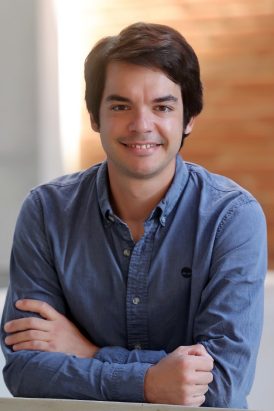 Victor Gay
Victor Gay
Lecture: "Weapons of Mass Production. World War I and the Modernization of the French Economy." (joint work with Anne Alonzo and Ronan Tallec).
May 9-10, 2024
Abstract: During the World War I, annual government spending in France reached unprecedented levels, accounting for 50 percent of GDP. A significant portion of this spending was allocated to support industrial warfare at a time when the country's industrial cradle in the North-East was unavailable for production. Using original archival data on war procurement contracts, we examine whether these large but temporary wartime industrial investments fostered the modernization of the French economy during the interwar period. We find that locations that received relatively more wartime industrial investment experienced a sustained postwar expansion of their manufacturing sector. This expansion was driven by an increased concentration of industrial firms together with sectoral shifts in the composition of the labor force within locations, rather than by a reallocation of labor across locations. In contrast, we find little evidence that the war induced capital deepening and technological change.
Bio: Victor Gay has been an assistant professor of economics at the Toulouse School of Economics (TSE) since 2018. His research lies at the intersection of economic history, labor economics, and the economics of culture, with a focus on the economic history of France.
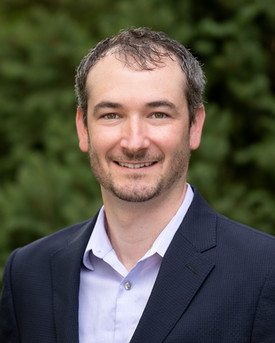 Andrew Smyth
Andrew Smyth
In-Class Collaboration
ECON/ENG/PHIL 357
April 30 - May 2, 2024
Bio: Andrew Smyth is an Assistant Professor of Economics at Boise State University. His research interests lie in the fields of industrial organization and behavioral economics, and he is particularly interested in the economics of innovation. Before moving to Boise State, he taught at Marquette University, was a postdoc at the Economic Science Institute of Chapman University, and received his doctorate from Florida State University.
 Sarah Quincy
Sarah Quincy
Lecture: "The Great Depression Bank Deregulation Wave"
April 18 - 19, 2024
Abstract: We demonstrate that one of the largest waves of bank deregulation in the United States occurred in the immediate aftermath of the Great Depression when states, for the first time in their histories, meaningfully relaxed limitations on bank branching. By the eve of the interstate branching deregulations of the 1970s, over 70% of banking offices were already part of a branch network. However, the overall prevalence of branching belies significant and persistent geographic heterogeneity as banking regulation had remained largely unchanged in the subsequent decades. Using a county border pair design, we show that this early wave of deregulation immediately improved financial and economic outcomes, and these gaps continued through the rest of the century.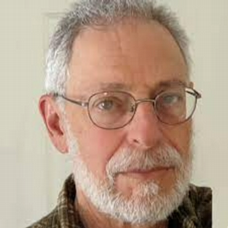
Dan Friedman
Lecture: "Can the Flow Market Format Outperform the Continuous Double Auction?"
April 8 - April 12, 2024
Abstract: New computer and telecommunications technology creates new opportunities (and new pitfalls) for creating and testing novel market formats. After a brief survey of recent innovations with special focus on financial markets and high frequency trading, I will present the first laboratory test of the Flow Market format recently proposed by Pete Kyle and Mina Lee. In a fairly basic `contracts' environment, I and my coauthors, Kristian Lopez Vargas and Yilin Li, find that compared to the CDA, the Flow market exhibits fewer and larger orders. The two formats achieve similar price and allocative efficiency, but Flow Markets have lower price volatility and trade volume. Interestingly, period-to-period improvement in most performance metrics is faster in Flow markets than in CDA.
Bio: Daniel Friedman is now part-time Professor of Economics at University of Essex and full-time Distinguished
Professor Emeritus at UCSC Economics, where he served on the faculty since 1985 after
starting at UCLA and UC Berkeley. He has broad research interests in applied economic
theory, with emphasis on learning and evolution, laboratory experiments, and financial
markets. He is coauthor of five academic books, fourteen NSF grants, and over 100
research articles. His popular book, Morals and Markets: An Evolutionary Perspective on the Modern World, was published by Palgrave-MacMillan in October 2008. A second paperback edition,
co-authored with journalist Daniel McNeill, appeared in June 2013 with the subtitle: A Dangerous Balance.
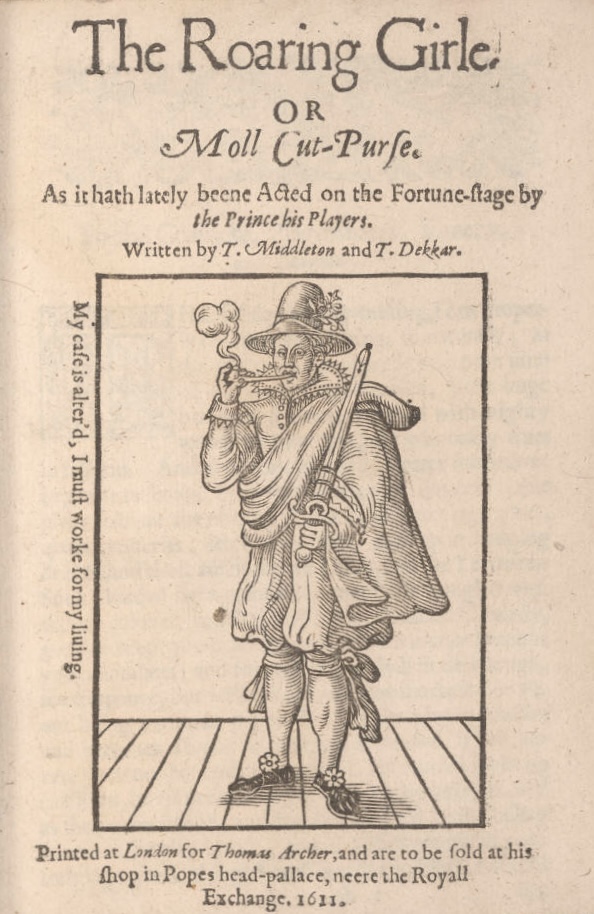 Conference - Feminomics: Women and Market Economies
Conference - Feminomics: Women and Market Economies
March 30, 2024
The participants will include:
Linda Scott, University of Oxford
Amy Louise Erickson, University of Cambridge
Jayme Lemke, Mercatus Center at George Mason University
Melissa Thomasson, Miami University
Magatte Wade, African Prosperity Activist and Entrepreneur
Deirdre McCloskey, University of Illinois at Chicago
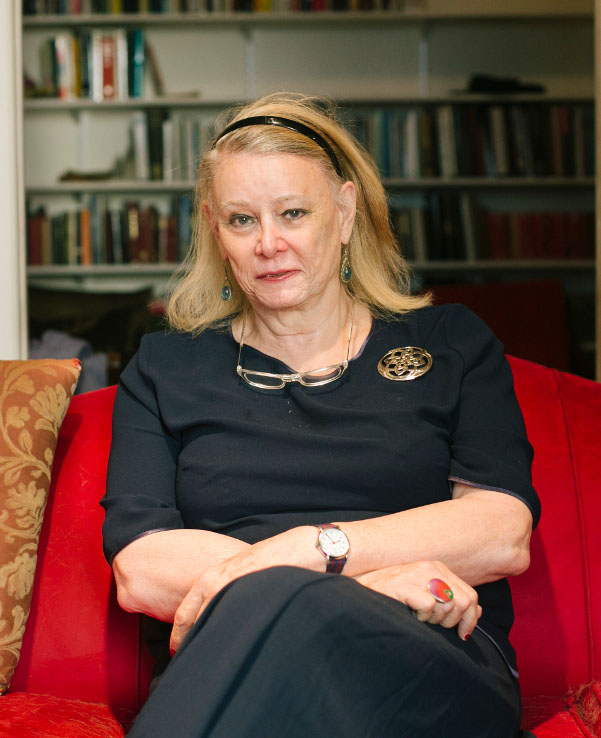 Deirdre McCloskey
Deirdre McCloskey
In-Class Collaboration & Feminomics Conference Lecture: "Women and the Great Enrichment"
ECON/ENG/PHIL 357
March 25-April 5, 2024
Bio: Deirdre Nansen McCloskey is Distinguished Professor Emerita of Economics and of History, and Professor Emerita of English and of Communication, at the University of Illinois at Chicago. Trained at Harvard in the 1960s as an economist, she has written twenty books and some four hundred academic articles on economic theory, economic history, philosophy, rhetoric, statistical theory, feminism, ethics, and law. She taught for twelve years at the University of Chicago in the Economics Department in its glory days, but now describes herself as a “literary, quantitative, postmodern, free-market, progressive-Episcopalian, ex-Marxist, Midwestern woman from Boston who was once a man. Not ‘conservative’! I’m a Christian classical liberal.”
Stelios Michalopoulos
Lecture: "Movies" (with Chris Rauh).
March 13-15, 2024
Bio: Stelios Michalopoulos is the Eastman Professor of Political Economy at Brown University, a Research Associate at the NBER, and a Research Fellow of the CEPR. A native of Argos, Greece, Stelios holds a B.A. and MSc from the Athens University of Economics and Business and a Ph.D. in Economics from Brown University. In 2010-2011 he was the Deutsche Bank Member at the Institute for Advanced Study at Princeton. In the Spring of 2015, he was a visiting Assistant Professor at Harvard Business School, in 2016 a visiting Professor at INSEAD, and a Senior Scholar at the Minneapolis Federal Reserve Bank in 2017. Stelios is the recipient of the 2015 Excellence Award in Global Economic Affairs from the Kiel Institute for the World Economy and the recipient of the 2019 Bodossaki Prize in the field of Social Sciences a biennial award bestowed to scientists of Greek origin up to 40 years of age.
His work has been funded by the NSF and DFID among others. His primary research interests lie in the intersection of political economy, culture, growth, and comparative development. He has published in leading peer-reviewed economic journals including the American Economic Review, Econometrica, Journal of Political Economy, and the Quarterly Journal of Economics.
 Shoshana Grossbard
Shoshana Grossbard
Lecture: "Paying for Household Services within the Family."
February 26, 2024
Bio: Shoshana Grossbard is a resident scholar in the Economics department and the Center for Health Economics and Policy Studies at San Diego State University, founding editor of Review of Economics of the Household published by Springer since 2003, past Fellow at the Center for Advanced Studies in the Behavioral Sciences at Stanford, and founder and past president of the Society of Economics of the Household. Her books include On the Economics of Marriage, Marriage and the Economy and The Marriage Motive (Springer, 2015). She is a research affiliate with the Family Inequality Network (HCEO, University of Chicago), IZA and GLO.
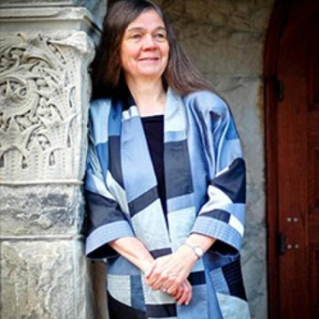 Patricia Limerick
Patricia Limerick
In-Class Collaboration
ECON/ENG/PHIL 357
January 16-17, 2024
Bio: Patty Limerick is a Professor of History of the American West. After years of work in the territory of Applied History, Patty is now the Director of theApplied History Initiative. From 1986 to 2022, Patty Limerick was the Faculty Director and Chair of the Board of the Center of the American West at the University of Colorado. A tenured Professor of History at CU Boulder, Limerick has dedicated her career to bridging the gap between academics and the general public and to demonstrating the benefits of applying historical perspective to contemporary dilemmas and conflicts. Limerick is also known as an energetic, funny, and engaging public speaker, sought after by a wide range of Western constituencies that include private industry groups, state and federal agencies, and grassroots organizations.
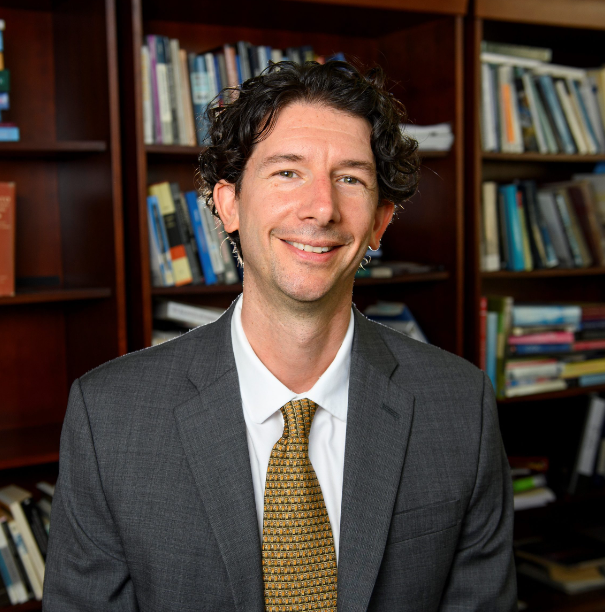 Steven Skultety
Steven Skultety
In-Class Collaboration
ECON/ENG/PHIL 357
January 8-11, 2024
Bio: Steven Skultety’s research focuses on the way ancient philosophers understood human beings who were at odds with one another. Currently his work concentrates on Aristotle’s political philosophy, but his long-term goal is to produce work that will track arguments about interpersonal conflict from the Presocratics to the Stoics. Outside of ancient philosophy, his research interests include virtue theory, republicanism, as well as democratic theory.
Skultety received his B.A. in Philosophy from the University of Montana in 1999 and then began his Ph.D. at Northwestern University. In 2006, he successfully defended his dissertation and joined the faculty at the University of Mississippi. In 2012, he became Associate Professor of Philosophy and Chair of the Department of Philosophy and Religion. In 2020, Skultety was promoted to Professor, and in 2021, became Director of the Declaration of Independence Center for the Study of American Freedom.
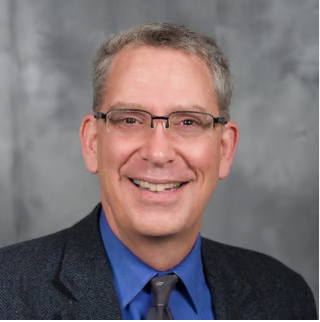 Brad Birzer
Brad Birzer
Class Collaboration via Zoom
ECON/ENG/PHIL 357
January 8, 2024
Bio: Brad Birzer holds the Russell Amos Kirk Chair in American Studies and is a Professor of History at Hillsdale College, Michigan. In 2010, he co-founded The Imaginative Conservative website, and, in 2012, co-founded Progarchy.com, a site dedicated to the exploration of music in all of its various forms. He also writes for Ignatius Insight, Catholic World Report, and CatholicVote. For the 2014-2015 school year, he had the wonderful honor of being the “Scholar in Residence” and “Visiting Scholar in Conservative Thought and Policy,” at University of Colorado-Boulder.
Birzer is the author ofseveral booksand scholarly articles.
2023 Fall
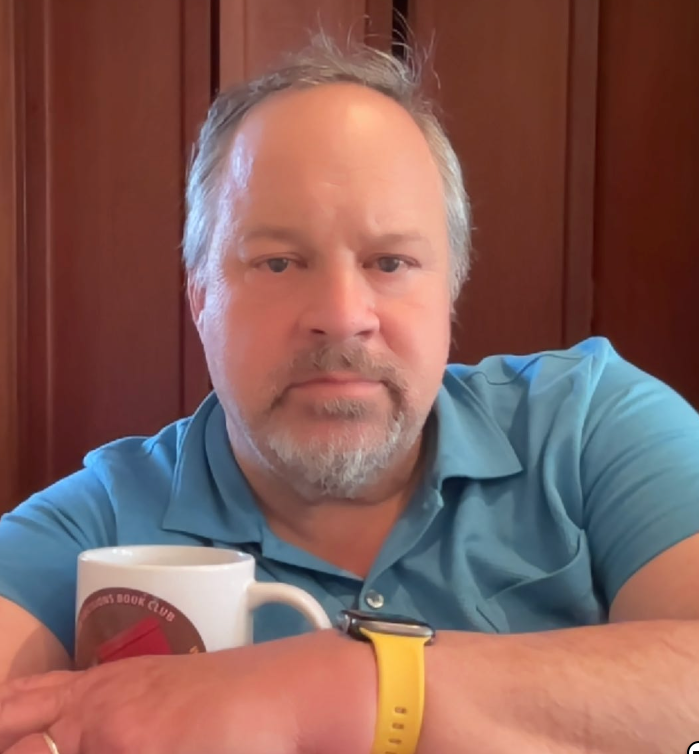 Brad DeLong
Brad DeLong
Lecture
December 7 - December 8, 2023
Bio: Brad DeLong is a professor of economics at the University of California at Berkeley, where he teaches economic history, political economy, macroeconomies, and occasional other topics. He was a deputy assistant secretary for economic policy at the U.S. Treasury during the Clinton Administration.
He is a New York Times instant bestselling author (for Slouching Towards Utopia: An Economic History of the Twentieth Century <http://bit.ly/3pP3Krk>, called: “magisterial” by Paul Krugman, "required reading” by Larry Summers, “brilliant, important” by Robert Reich, “sweeping and detailed, learned and accessible, familiar and strange… justice-minded and tender hearted” by Annie Lowrey at The Atlantic, and “impressive… written with wit and style and a formidable command of detail” by Ryan Avent at The Economist.
And he has been too online since 1995.
At the moment, Google and Google Scholar say that the five pieces he has written that are the most influential and command the most attention are:
- Slouching Towards Utopia: An Economic History of the 20th Century—The book tells the story of how an unprecedented explosion of material wealth occurred, how it transformed the globe, and why it failed to deliver us to utopia. Of remarkable breadth and ambition, it reveals the last century to have been less a march of progress than a slouch in the right direction <<ly/3pP3Krk>>
- “Noise Trader Risk in Financial Markets” (with Andrei Shleifer and Lawrence Summers of Harvard, and Robert Waldmann of the University of Rome)—how Milton Friedman’s claim that irrational investors must in equilibrium have no impact on market prices is simply, well, wrong <http://ms.mcmaster.ca/~grasselli/DeLongShleiferSummersWaldmann90.pdf>
- “Fiscal Policy in a Depressed Economy” (with Lawrence Summers of Harvard)—how when inflation is as quiescent & interest rates as low as they have been since 2001, bond- & money-financed expansions of government purchases are, when properly hedged, truly a win-win free lunch that competent governments would pursue <https://www.brookings.edu/about/projects/bpea/papers/2012/fiscal-policy-depressed-economy-delong>
- “Did J.P. Morgan’s Men Add Value?”—reputation, managerial competence, oversight, & the benefits to society of long-term greedy plutocratic investment banks <https://www.nber.org/chapters/c7182.pdf>
- “Speculative Microeconomics for Tomorrow’s Economy” (with A. Michael Froomkin of the University of Miami)—how the “Smithian” image of the economy that we economists have held in the forefront of our minds since 1776 is obsolete <http://osaka.law.miami.edu/~froomkin/articles/spec.htm>
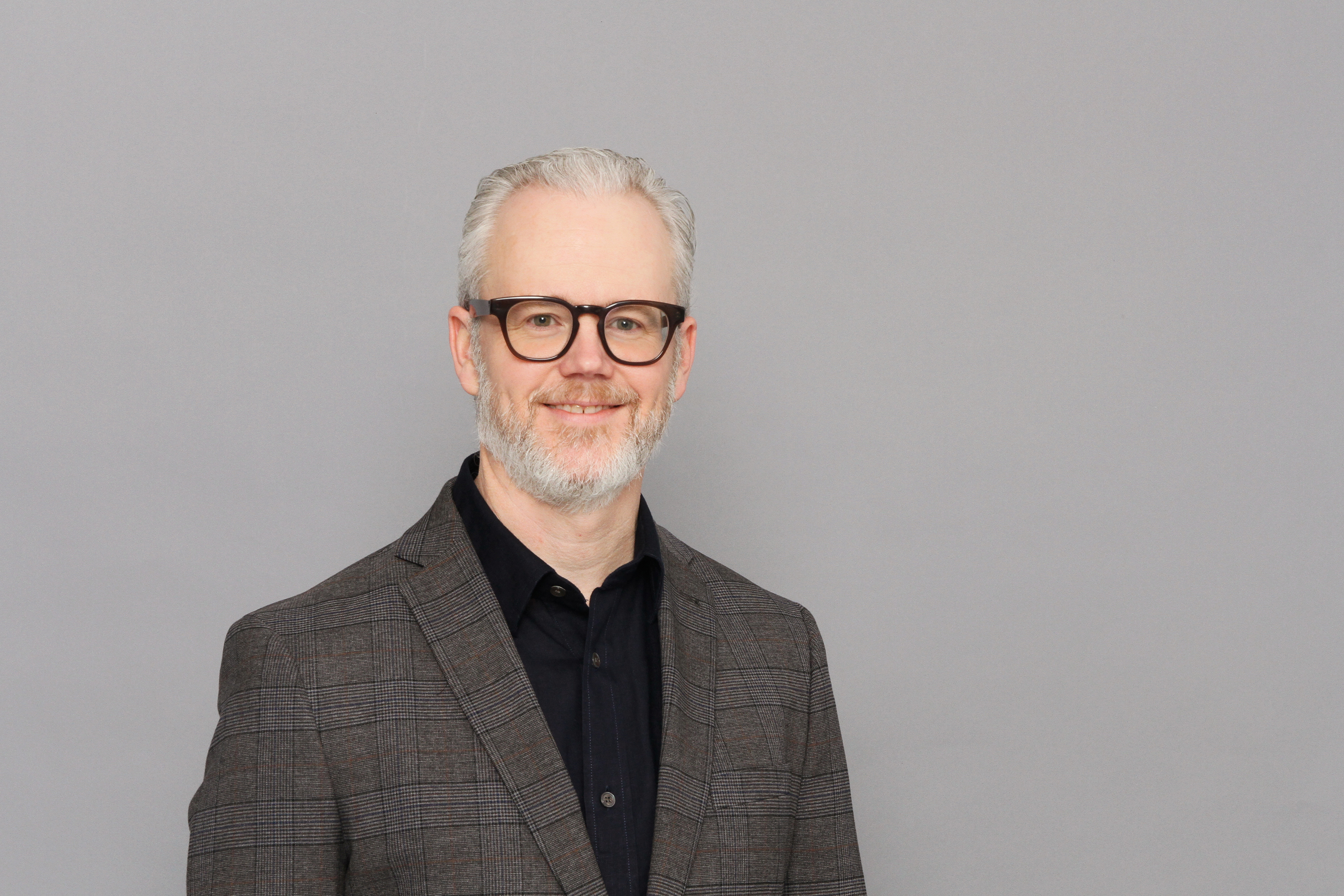 Mark Pickup
Mark Pickup
Lecture: "What is Racism?"
November 27 - December 6, 2023
Bio: Mark Pickup is a Professor of Political Science at Simon Fraser University. He is a specialist in Political Behaviour, Political Psychology and Political Methodology. Substantively, his research primarily falls into three areas: political identities and political decision-making; conditions of democratic responsiveness and accountability; and polls and electoral outcomes. His research focuses on political information, public opinion, political identities, norms, and election campaigns, within North American and European countries. His methodological interests concern the analysis of longitudinal data (time series, panel, network, etc.) with secondary interests in Bayesian analysis and survey/lab experiment design. His work has been published in journals such as the American Journal of Political Science, British Journal of Political Science and Journal of Politics.
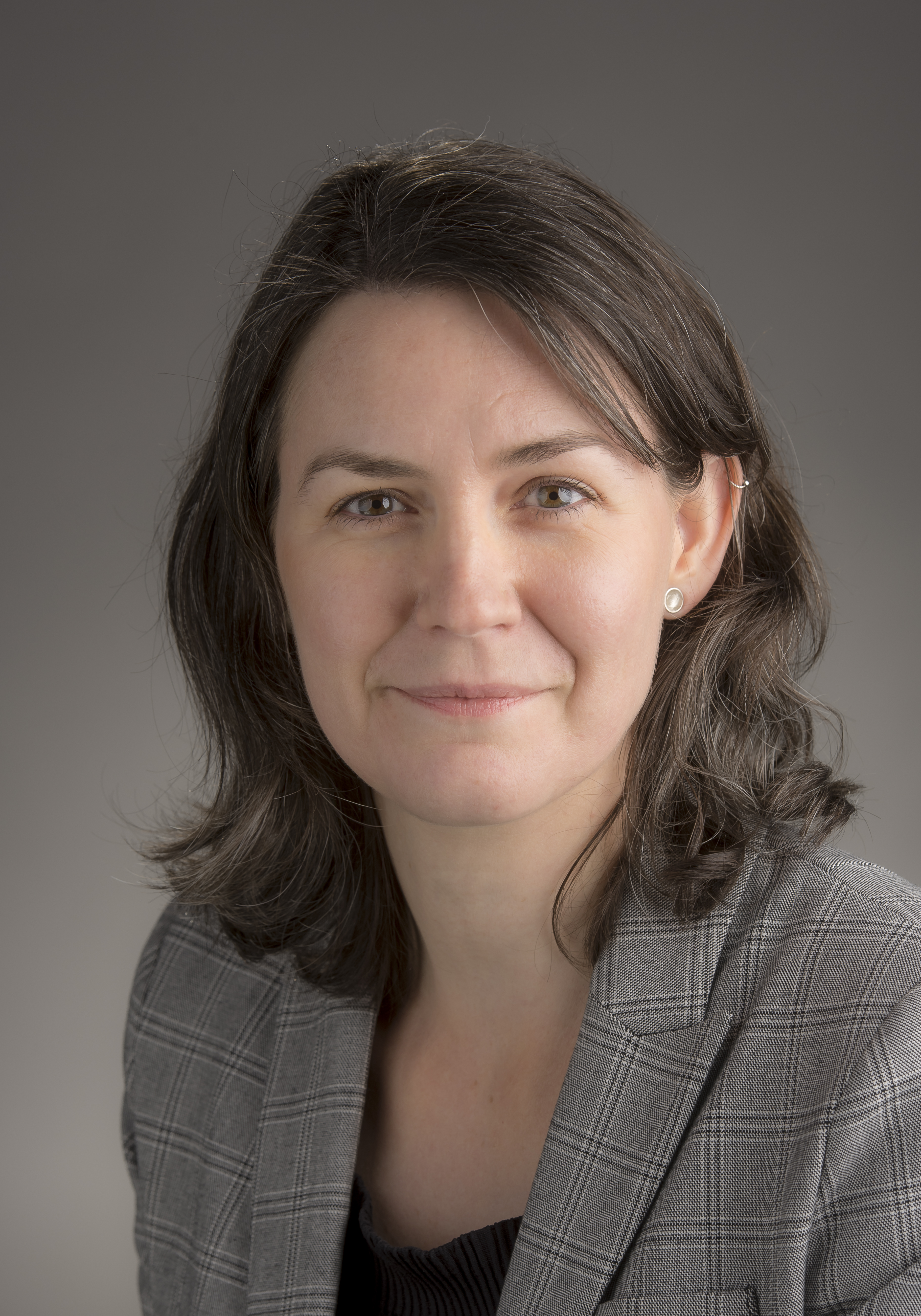 Eline de Rooij
Eline de Rooij
Lecture: "Is Social Mobilization Gendered? Evidence from Spillover Experiments Across Three Democracies"
November 27 - December 1, 2023
Bio: Eline de Rooij is an Associate Professor of Political Science at Simon Fraser University. She holds a D.Phil. in Sociology from the University of Oxford, and has been a postgraduate associate at the Institution for Social and Policy Studies (Yale) and a Postdoctoral Prize Research Fellow at Nuffield College (Oxford). She was an Instructor at the ICPSR Summer Program in Quantitative Methods of Social Research at the University of Michigan in 2018 and 2019.
Broadly, her research interests are in political mobilization, political attitudes and behavior. She is currently working on two main research projects. First, a study aimed at examining voter mobilization in intimate social networks (i.e., couples, households). Second, a SSHRC-funded project on the pre- and post-migration factors that shape immigrants’ political ideology, party preference and civic engagement.
Much of her work relies on the use of experiments, mostly field but also survey and lab experiments. She has published in journals such as the American Journal of Political Science, the Journal of Politics, and Political Behavior, and is an Associate Editor of the Canadian Journal of Political Science.
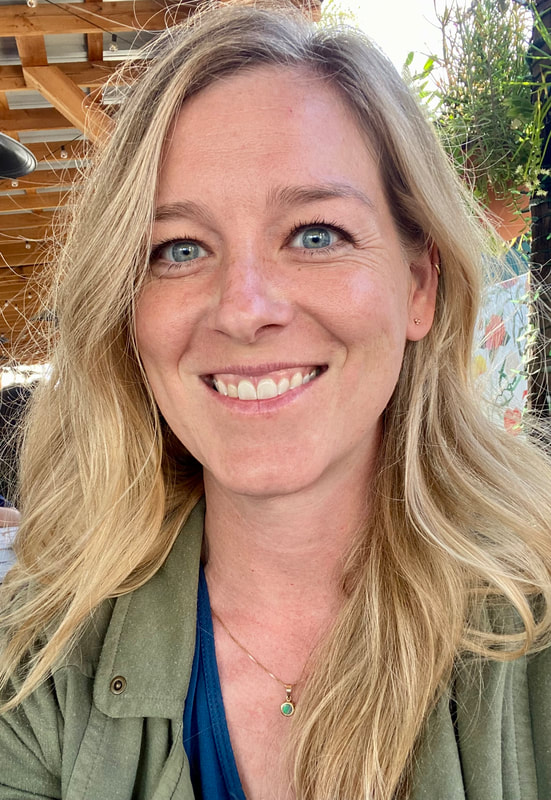 Sara Lowes
Sara Lowes
Lecture: "Fallow Lengths and the Structure of Property Rights"
November 9 - Novemeber 10, 2023
Bio: Sara Lowes is an Assistant Professor of Economics at the University of California, San Diego. In Spring 2023, she visited MIT as the Hal Varian Visiting Assistant Professor. She graduated from Harvard University in May 2017 with a Ph.D. from the Political Economy and Government program (Economics track). She was previously a Postdoctoral Fellow at the Stanford King Center on Global Development and an Assistant Professor of Economics at Bocconi University. Her research interests are at the intersection of development economics, political
economy, and economic history. Her research is supported by an NSF CAREER grant. Her dissertation received the Ronald Coase Best Dissertation Award from the Society for Institutional & Organizational Economics.
She is a Faculty Research Fellow at the National Bureau of Economic Research (NBER), an Affiliate of the Bureau for Research and Economic Analysis of Development (BREAD), a CIFAR Azrieli Global Scholar with the Institutions, Organizations & Growth research program, an Affiliate of the Centre for Economic Policy Research (CEPR), and an Affiliate of the Center for Effective Global Action (CEGA).
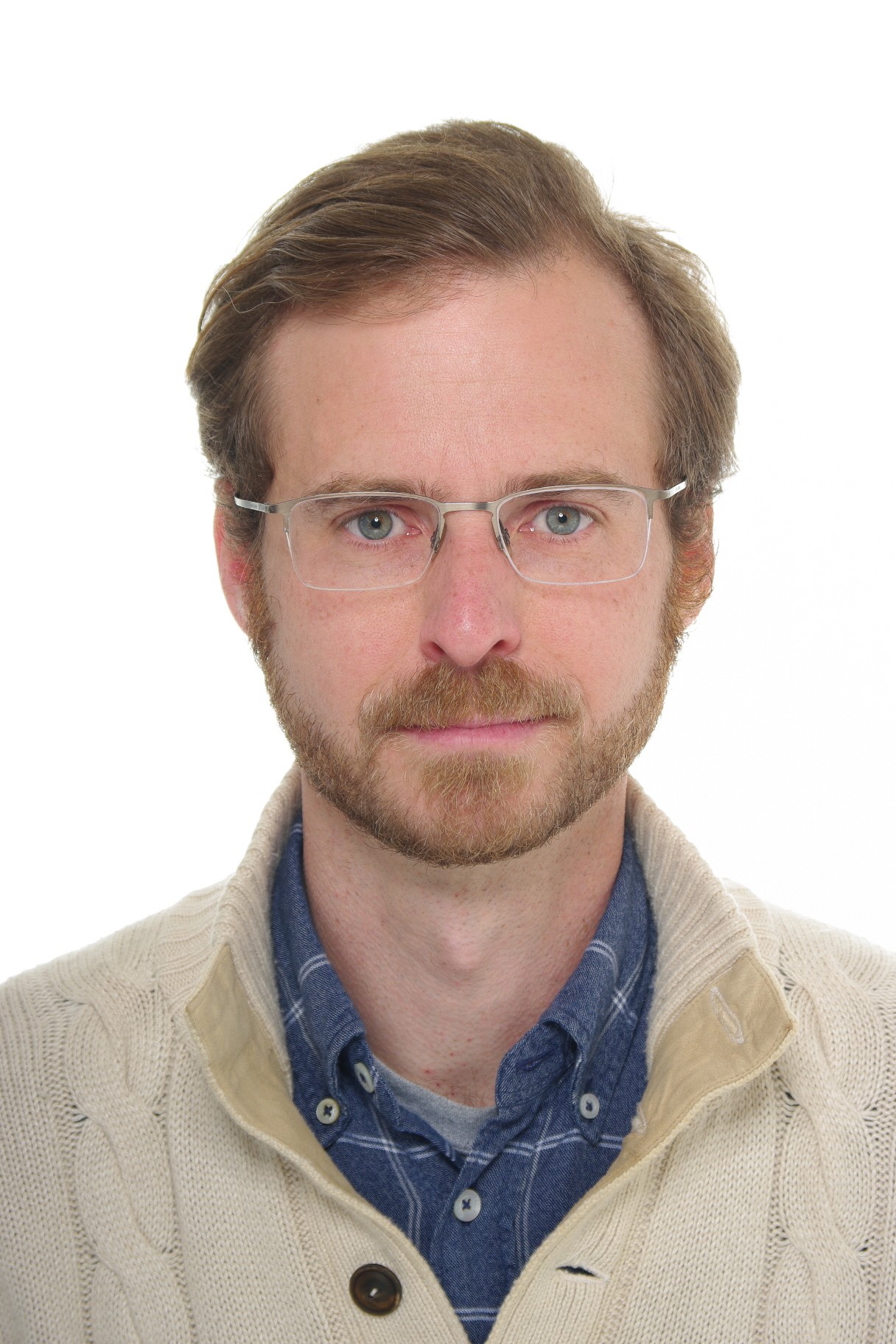 John Hoffmann
John Hoffmann
Lecture and Film Forum Guest Speaker
Lecture: "On Aesthetic Re-education: German Newsreels in the Aftermath of World War II"
November 7 - November 8, 2023
Bio: John Hoffmann is a postdoctoral fellow in the Institute for Media Studies at the University of Marburg. He received his PhD in English from Johns Hopkins in 2018 and served as a visiting scholar at the University of Konstanz before moving to Marburg. His work focuses on German and Anglophone culture in the modernist period, and his articles have appeared in the journals Film History, Modernism/modernity, New Literary History, and diacritics. His research has also been supported by major grants from the German Research Foundation, the Max Kade Center for Modern German Thought, and the Modernist Studies Association. He is currently finishing a book that studies the history of aesthetics and anthropology from the German Enlightenment to the Popular Front.
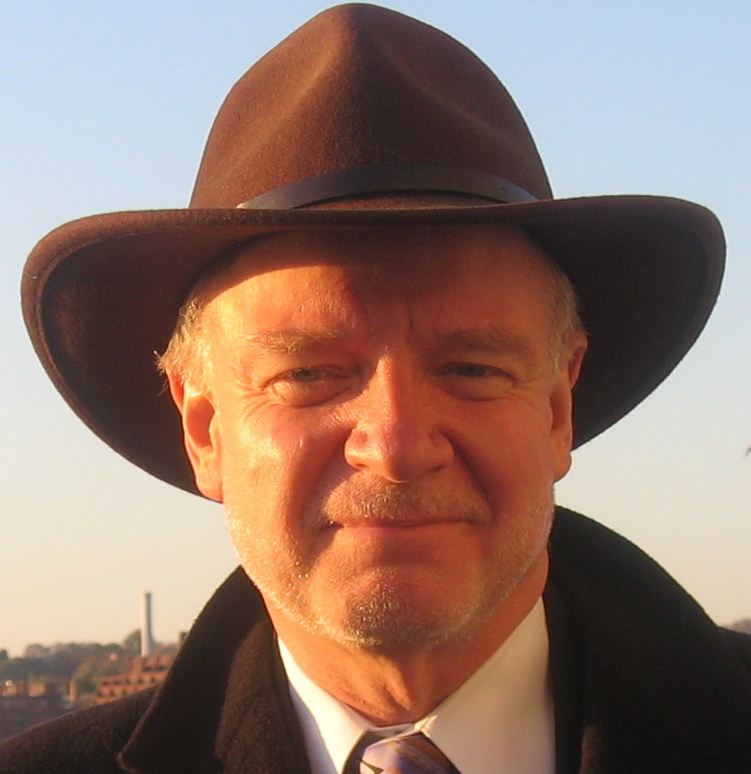 Alexander Field
Alexander Field
Lecture: "The Economic Consequences of U.S. Mobilization for the Second World War"
October 19 - October 20, 2023
Bio: Alexander J. Field is the Michel and Mary Orradre Professor of Economics at Santa Clara University. Over the past two decades his main research focus has been on U.S. productivity growth during the second quarter of the twentieth century. In 2011 he published A Great Leap Forward: 1930s Depression and U.S. Economic Growth (Yale), selected that year as a Choice Outstanding Economic Title in the Economics Area. In 2012 it won the Alice Hansen Jones Biennial Book Prize as well as the Alpha Sigma Nu National Book Award in the Social Sciences. His new book, The Economic Consequences of U.S. Mobilization for the Second World War was published by Yale in 2022. He has written on a wide range of other topics, including how we can better integrate the human sciences, as reflected in his 2001 book Altruistically Inclined? The Behavioral Sciences, Evolutionary Theory, and the Origins of Reciprocity, which won the 2003 Alpha Sigma Nu National Book Award in the Social Sciences. His research has been supported by grants and fellowships from the National Science Foundation and the Institute for Advanced Study in Princeton. In 2013-14 he was a Phi Beta Kappa Visiting Scholar.
He has served as Associate Editor of the Journal of Economic Literature, as Executive Director of the Economic History Association, and in a variety of other editorial and administrative capacities including Acting Academic Vice President and Acting Dean of the Business School at Santa Clara. He taught previously at Stanford University.
 Nick Gillespie
Nick Gillespie
Lecture: "Choice: An Inventory of Effects"
October 16 - October 17, 2023
Bio:Nick Gillespie is an editor at large at Reason, where he writes articles, records podcasts, and makes video documentaries. He is the coauthor of The Declaration of Independents (2012), a former columnist for Time and The Daily Beast, and a two-time finalist for National Magazine Awards. He holds a Ph.D. in American literature from the State University of New York at Buffalo, where he wrote a dissertation titled Qualified Authority in American Fiction: Participant Observers and Market Orders (1996).
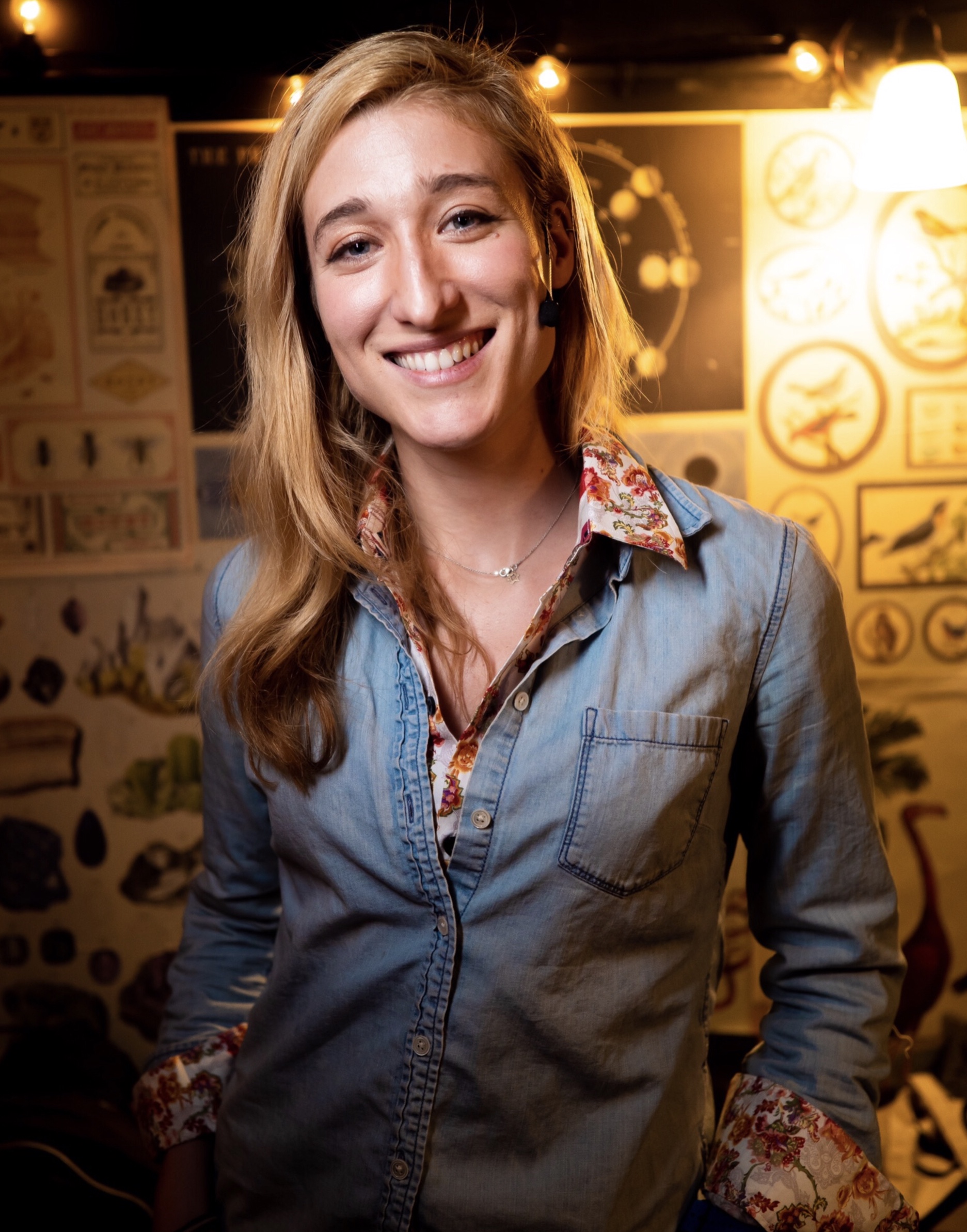 Sarah Rose Siskind
Sarah Rose Siskind
Lecture and Film Forum Guest Speaker
Lecture: "Robotic Archetypes"
October 16 - 18, 2023
Bio:Sarah Rose Siskind is a science comedy writer, chatbot writer, and robot consultant. She founded Hello SciCom, an agency of creative consultants specializing in robotics and AI. They work with companies like Honda, Hanson Robotics, Singularity Net, Alethea AI, and many others. She has designed two different chatbots sold at Sotheby’s for $1.2 million, contributed to the Amazon Alexa prize, and written numerous academic papers with Honda Research Institute on topics ranging from humor to magic in chatbot design. She has hosted robotics talks in Tokyo and worked with a two billion dollar entertainment venue to staff their lobby with autonomous robots.
Previously, she worked as the lead personality writer for Sophia the Robot at Hanson Robotics where she learned chatbot development and basic operational engineering. She designed conversations with celebrities like Neil deGrasse Tyson and Tony Robbins as well as wrote speeches for Sophia at the UN and on TV. She is also a professional stand up comedian and previously served as head writer for Neil deGrasse Tyson's TV show StarTalk. She’s written comedy for the White House Press Correspondents' Dinner and her Harvard cum laude thesis on comedy.
 Titus Techera
Titus Techera
Lecture and Film Forum Guest Speaker
Lecture: "Technology as Neo-Culture"
October 4 - October 5, 2023
Bio: Titus Techera, M.A. Political Science, & the Executive Director of the American Cinema Foundation & a culture critic for Liberty Fund, the Acton Institute, the Washington Free Beacon, & the Washington Examiner.
2023 Spring
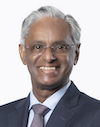 Chandran Kukathas
Chandran Kukathas
In-Class Collaboration & Lecture
ECON/ENG/PHIL 357
April 20 - April 21, 2023 & April 24 - April 28, 2023
Bio: Chandran Kukathas holds the Lee Kong Chian Chair in Political Science at Singapore Management University, where he is Dean of the School of Social Sciences. He previously held chairs in Political Theory at the London School of Economics and the University of Utah. He is the author of several books including Hayek and Modern Liberalism, The Liberal Archipelago, and most recently, Immigration and Freedom.
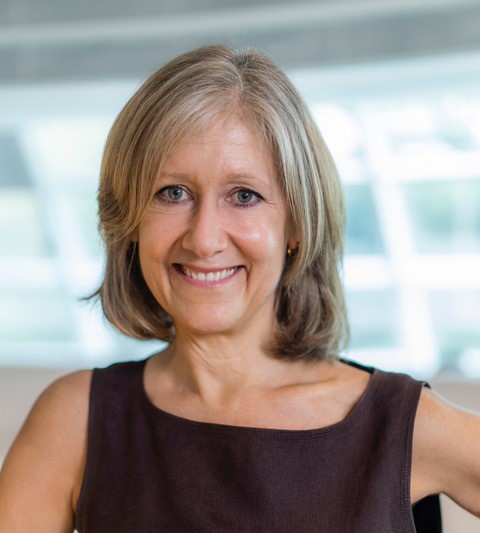 Christine Henderson
Christine Henderson
In-Class Collaboration & Lecture
ECON/ENG/PHIL 357
April 20 - April 21, 2023 & April 24 - April 28, 2023
Bio: Christine Dunn Henderson is Associate Professor of Political Science at Singapore Management University. She has published extensively on Alexis de Tocqueville, Gustave de Beaumont, French liberalism, and politics and literature. Her edition, as editor and translator, of Tocqueville’s Memoirs on Pauperism and Other Writings (University of Notre Dame Press, 2021) opens a window into Tocqueville’s thinking about economic inequality and the social question. Her most recent publications have focused on Tocqueville and race, the literary structure of Democracy in America, and Tocqueville and gender. She is presently writing a book about the dangers to freedom in the democratic age.
Conference: Tolerance and Diversity in an Open Society
April 20 - April 21, 2023
Although the idea of open society has had a foothold in public debates ever since the publication of Popper’s Open Society and Its Enemies, there is renewed interest in it in academic debates after the publication of Gerald Gaus’s Tyranny of the Ideal and, most recently The Open Society and Its Complexities, both of which draw explicitly on both Popper’s and Hayek’s work. Neither Popper nor Gaus, however, give a systematic rendering of what it takes for a society to be open and how the open society compares to its contemporary rivals. Given this lacuna, there is a valuable debate about the commitment to an open society that engages a variety of political viewpoints that cuts across other debates in political philosophy.
The goal of this conference is to encourage some of the best political thinkers of our time to critically analyze the idea of the open society. We are interested in clarifying what features characterize the open society, why openness is valuable, and how the open society compares to alternative political orders. In particular, the conference will focus on the challenges of diversity and toleration that come in an open society.
The participants will include:
Sahar Fard, Ohio State
Toby Handfield, Monash
Keith Hankins, Chapman
Royal Hansen, Google
Chandran Kukathas, Singapore Tech
Helene Landemore, Yale
Ryan Muldoon, Buffalo
Virginia Postrel, Chapman
Christof Royer, CEU
Robert Talisse, Vandebilt
John Thrasher, Chapman
Piers Turner, Ohio State
Chad van Schoelandt, Tulane
 John Hoffmann
John Hoffmann
Lecture
April 17 - April 19, 2023
Bio: John Hoffmann is a postdoctoral fellow in the Institute for Media Studies at the University of Marburg. He received his PhD in English from Johns Hopkins in 2018 and served as a visiting scholar at the University of Konstanz before moving to Marburg. His work focuses on German and Anglophone culture in the modernist period, and his articles have appeared in the journals Film History, Modernism/modernity, New Literary History, and diacritics. His research has also been supported by major grants from the German Research Foundation, the Max Kade Center for Modern German Thought, and the Modernist Studies Association. He is currently finishing a book that studies the history of aesthetics and anthropology from the German Enlightenment to the Popular Front.
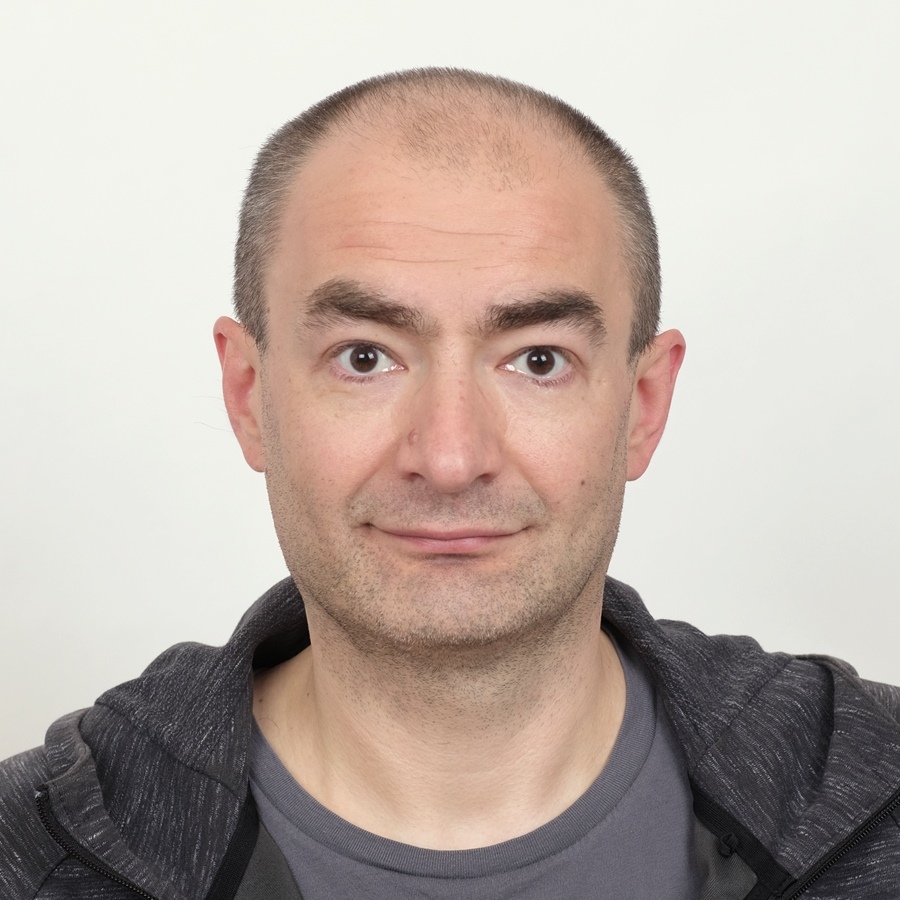 Alexander "Sasha" Vostroknutov
Alexander "Sasha" Vostroknutov
In-Class Collaboration & Lecture
ECON/ENG/PHIL 357
April 10 - April 14, 2023
Bio: Alexander “Sasha” Vostroknutov is an Associate Professor of Economics at Maastricht University, the Netherlands. He received his PhD in Economics from University of Minnesota in 2008. Apart from Minnesota and Maastricht, he worked as a research fellow at University of Trento. He is interested in studying both strategic and non-strategic decision-making using the framework of behavioral economics with the toolbox of experimental and neuroeconomics, and recently field applications. Alexander’s main research interest is social norms and their role in economic decision-making. His recent work concentrates on the theoretical models of norm-driven behavior and evolutionary foundations of preferences, beliefs, and rationality.
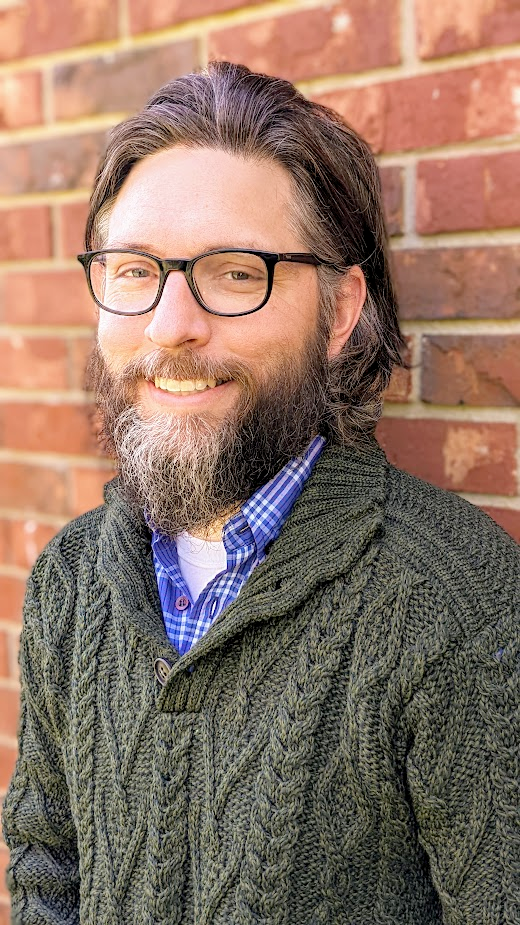 Brandon Turner
Brandon Turner
In-Class Collaboration & Lecture
ECON/ENG/PHIL 357
March 28 - March 31, 2023
Bio: Brandon Turner (Ph.D. UW-Madison, 2008) is an Associate Professor of Political Science at Clemson University. His research focus is the history of Western political thought, particularly early modern thought. He has published work on a range of figures, from Augustine to Hobbes to John Stuart Mill, and his work has appeared in Political Theory, Polity, and elsewhere. He is currently finishing a manuscript on conservative political thought.
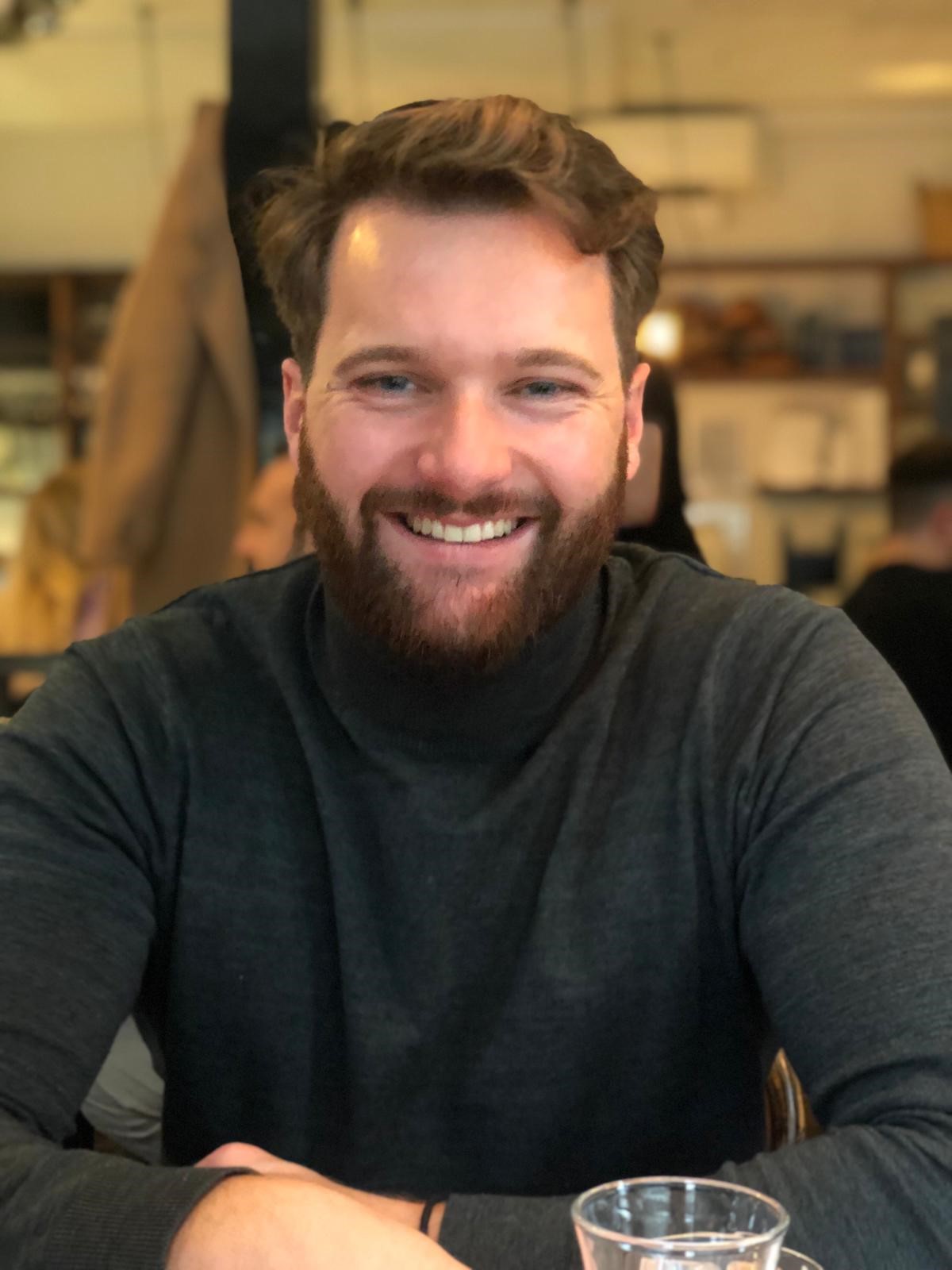 Billy Christmas
Billy Christmas
In-Class Collaboration & Lecture
ECON/ENG/PHIL 357
March 27 - April 24, 2023
Bio: Billy Christmas is a Senior Lecturer (Associate Professor) in Political Philosophy at King’s College London in the department of Political Economy. His research interests are in the nature of rights, particularly property rights, and their moral and institutional relationship with the modern state. He earned his PhD at the University of Manchester and was a post-doctoral Fellow at the NYU School of Law. He is the author of Property and Justice: A Liberal Theory of Natural Rights published with Routledge Press in 2021. He has also published articles in journals such as The Journal of Politics, Economics & Philosophy, Environmental Politics, and The Philosophical Quarterly.
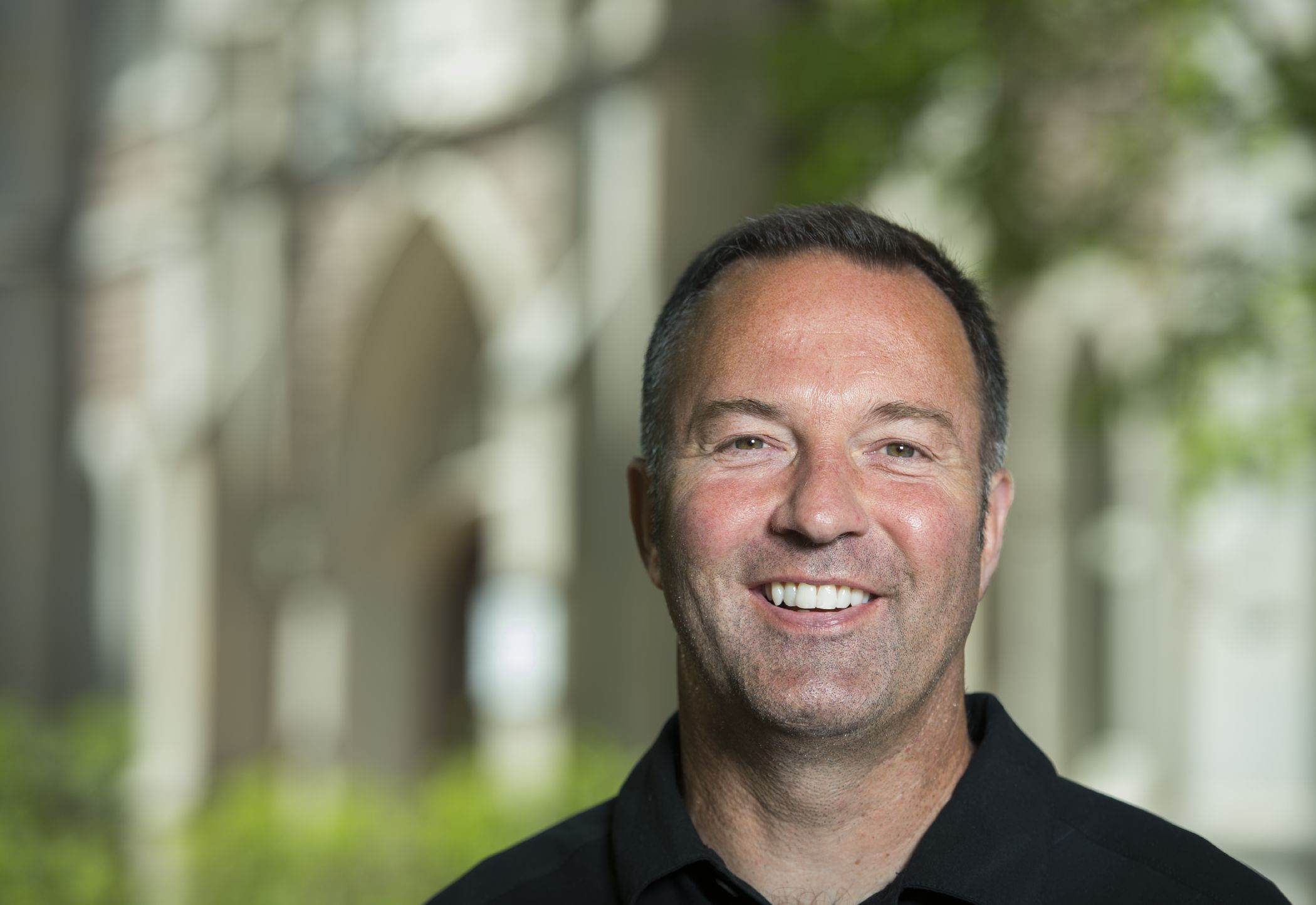 Christopher "Kit" Heath Wellmon
Christopher "Kit" Heath Wellmon
In-Class Collaboration & Lecture
ECON/ENG/PHIL 357
Lecture: "Thomson on Agent-Relative Prerogatives"
February 20 - February 24, 2023
Abstract: Morality would be cleaner and more straightforward if moral rights were the product of perfectly general and absolute moral rules, but most ethicists now affirm rights infringements--despite the manner in which they complicate moral theory--because doing so allows for the greatest fidelity to our moral convictions. I believe that we should similarly embrace agent-relative prerogatives for their unique ability to vindicate three widely-held convictions that (1) a victim may permissibly use defensive force against a non-responsible threat, (2) third parties are not permitted to use defensive force against non-responsible threats, and (3) non-responsible threats are equally permitted to use defensive force against their potential victims, I discuss a number of prominent scholars who write on this topic, but I frame this essay in terms Judith Jarvis Thomson’s pioneering work, in part because she was a leading advocate of rights infringements who subsequently denied the existence of agent-relative prerogatives, but also because affirming agent-centered permissions would have benefitted other prongs of her research agenda.
Bio: Christopher Heath Wellmon is a Professor of Philosophy at Washington University in St. Louis. He works in ethics, specializing in political and legal philosophy. He is currently working on forfeiture.
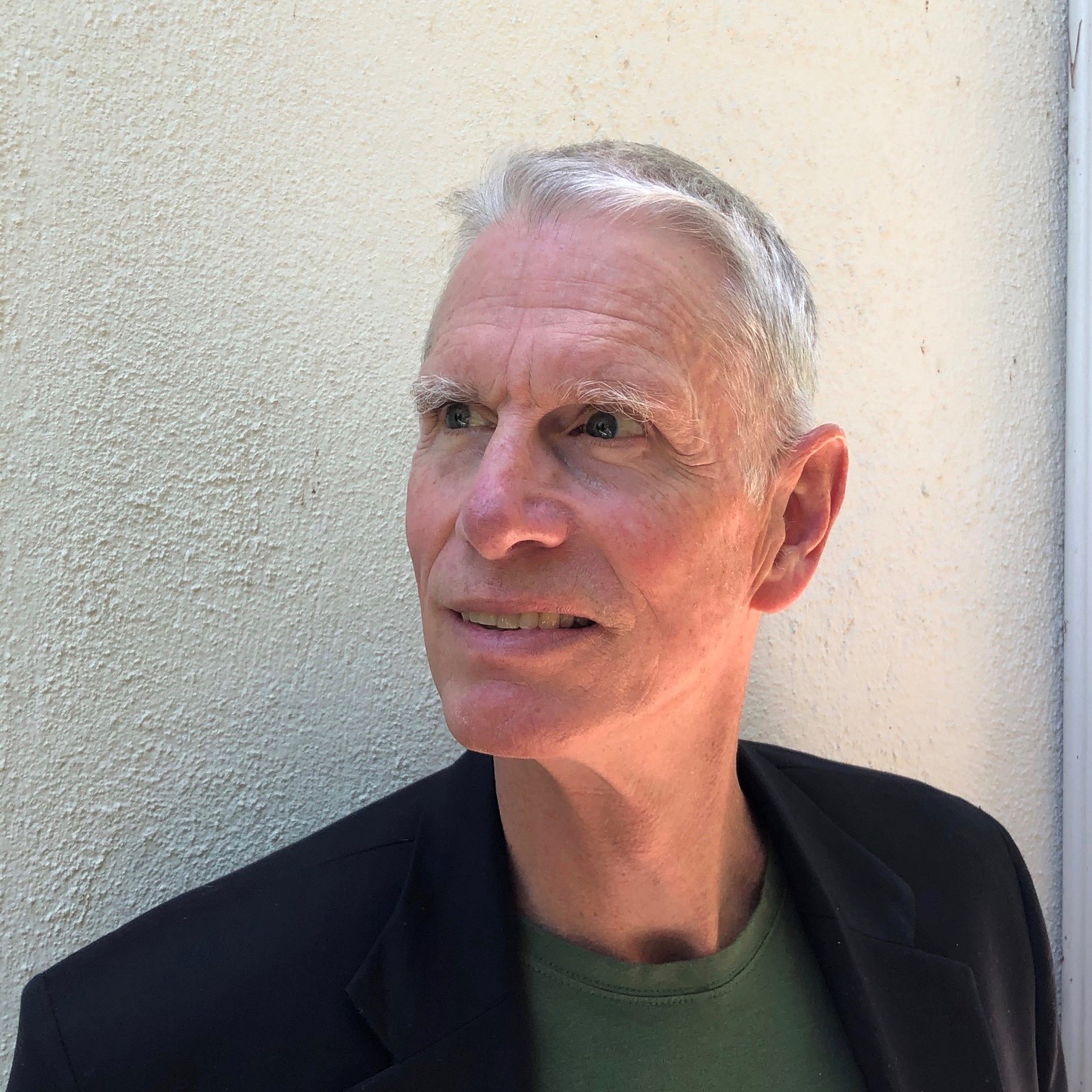 Josiah Ober
Josiah Ober
In-Class Collaboration & Lecture
ECON/ENG/PHIL 357
January 16 - 21, 2023
Bio: Josiah Ober is Constantine Mitsotakis Professor in the School of Humanities and Science, Professor of Political Science and Classics at Stanford University and Senior Fellow at the Hoover Institution. He is the founder and currently faculty director of the Stanford Civics Initiative (https://civics.stanford.edu/). Ober holds a BA in History from the University of Minnesota and a PhD in History from the University of Michigan. He joined the Stanford faculty in 2006, having previously taught at Princeton and Montana State Universities. Ober’s scholarship focuses on historical institutionalism and political theory, especially democratic theory and the contemporary relevance of the political thought and practice of the ancient Greek world. He is the author of The Greeks and the Rational: The Discovery of Practical Reason (2022), Demopolis: Democracy before Liberalism (2017),The Rise and Fall of Classical Greece (2015) and several other books, mostly published by Princeton University Press. He has also published about 100 articles and chapters. Work in progress includes a book co-authored with Brook Manville on the role of civic bargains in the emergence and persistence of democratic government.
 Deirdre McCloskey
Deirdre McCloskey
In-Class Collaboration & Lecture
ECON/ENG/PHIL 357
January 8 - 21, 2023
Bio: Deirdre Nansen McCloskey is Distinguished Professor Emerita of Economics and of History, and Professor Emerita of English and of Communication, at the University of Illinois at Chicago. Trained at Harvard in the 1960s as an economist, she has written twenty books and some four hundred academic articles on economic theory, economic history, philosophy, rhetoric, statistical theory, feminism, ethics, and law. She taught for twelve years at the University of Chicago in the Economics Department in its glory days, but now describes herself as a “literary, quantitative, postmodern, free-market, progressive-Episcopalian, ex-Marxist, Midwestern woman from Boston who was once a man. Not ‘conservative’! I’m a Christian classical liberal.”
2022 Fall
Conference: New Approaches to Social Contract Theory: Liberty, Equality, Diversity and the Open Society
December 8-10, 2022 • Wilkinson Hall
This workshop features new approaches to social contract theory. Whereas traditional social contract theories and their adaptations in the 20th century were developed for fairly homogeneous societies, societies in the 21st century often are characterized by conflicting first-order directives that stem from deep moral, political, religious, and cultural diversity. To address such diversity and the complexities of contemporary societies, new approaches (including formal approaches) to social contract theory have emerged that re-envision the social contract for a fragmented and sometimes polarized, yet interdependent, social world.
New social contract theory explores how, in a world of continuous disagreement on questions of justice, in particular the ideals of liberty and equality, society not only can progress but also flourish and become more robust and open in its social fabric. This workshop (and the companion volume to be published by Oxford University Press) brings together, for the first time, defenders and discussants of new social contract theory. It will include contributions by eminent and emerging scholars in this field.
2022 Participants:
John Thrasher, Associate Professor of Philosophy, Chapman University
Michael Moehler, Professor of Philosophy, Politics, and Economics, Virginia Tech
Christopher Morris, Professor Emeritus of Philosophy, University of Maryland
Sahar Heydari Fard, Assistant Professor of Philosophy, Ohio State University
Cailin O'Connor, Professor of Philosophy, UCI
Alex Schaefer, Postdoctoral Research Fellow, NYU
Justin Bruner, Associate Professor, Department of Political Economy and Moral Science, University of Arizona
Ryan Muldoon, Professor of Philosophy, University at Buffalo
Claire Finkelstein, Professor of Law and Philosophy, University of Pennsylvania
Sharon Lloyd, Professor of Philosophy and Law, USC
Shaun Hargreaves Heap
In-Class Collaboration & Lecture
Lecture:" Non-selfish behaviour: Are social preferences or social norms revealed in distribution decisions?"
November 11, 2022
Abstract: People frequently choose to reduce own payoffs to help others. This non-selfish behaviour is typically assumed to arise because people are motivated by social preferences. An alternative explanation is that they follow social norms. We test which of these two accounts can better explain subjects' decisions in a simple distribution game. Unlike previous studies, we elicit preferences and perceived norms directly for each subject. We find that descriptive norm-following predicts people's distributive choices better than their social preferences, and lack of confidence in one's social preference predicts descriptive norm-following. Our findings have implications for the use of the Pareto and related criterion in welfare evaluations.
Bio: Shaun Hargreaves Heap was an undergraduate at Oxford and did a PhD at UC Berkeley. He taught for many years at the University of East Anglia and has held visiting positions at Sydney University and Concordia in Montreal. He has been at King’s College, London, since 2013. His current research uses experiments to examine how the social context influences individual decision making. It has been published in the American Economic Review, Econometrica and the Economic Journal. Another strand of his research is at the interface of philosophy and economics: e.g. an application of JS Mill’s no-harm principle to policy evaluation.
Harrison Frye
In-Class Collaboration & Lecture (October 17 - 18, 2022)
Lecture: "The Communal Status of the Market"
October 18, 2022 • 5:00 PM • Wilkinson Hall 221
Abstract: A recent swathe of work criticizes the institution of the market as incompatible with the value of community. This paper seeks to systematize and evaluate the communal criticism of the market. I consider four versions of the criticism: the market elicits vicious motives, the market involves the instrumentalization of one another, the market creates contingent relationships, and the market excludes particular interests from consideration. I will argue that each of these challenges to the market fail. Either they depend on a faulty model of market life, or the normative force of the argument is not as strong as it appears. Ultimately, I concede there is a truth to the claim that the market is uncommunal, but it is not uncommunal in a way we should be too concerned about.
Bio: Professor Harrison Frye is an assistant professor in the Department of Political Science at the University of Georgia. He is a political theorist whose research interests include the ideal of freedom, the morality of the market, and the value of social norms. His recent research focuses on online shaming, arguing that it is often dysfunctional. His work appears in venues such as Journal of Political Philosophy and Economics and Philosophy.
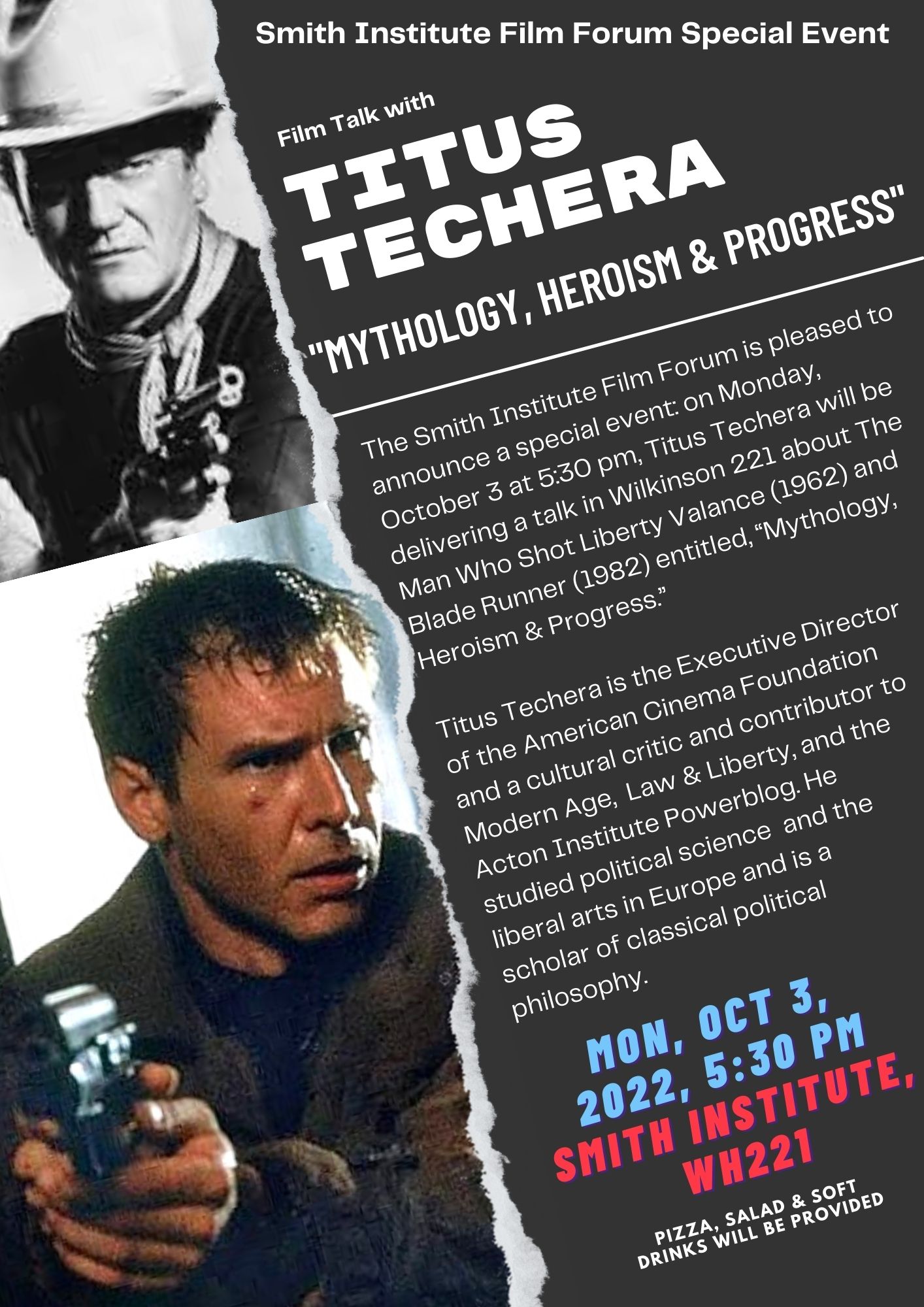 Titus Techera
Titus Techera
Lecture: "Mythology, Heroism & Progress"
October 3, 2022 • 5:30 PM • Wilkinson Hall 221
Titus Techera will be delivering a talk about The Man Who Shot Liberty Valance (1962) and Blade Runner (1982) entitled, “Mythology, Heroism & Progress.” Titus Techera is the Executive Director of the American Cinema Foundation and a cultural critic and contributor to Modern Age, Law & Liberty, and the Acton Institute Powerblog. He studied political science and the liberal arts in Europe and is a scholar of classical political philosophy.
Pizza, salad, and soft drinks will be provided for those attending the talk, which
will be followed immediately by a Q & A session and a general discussion.
2022 Spring
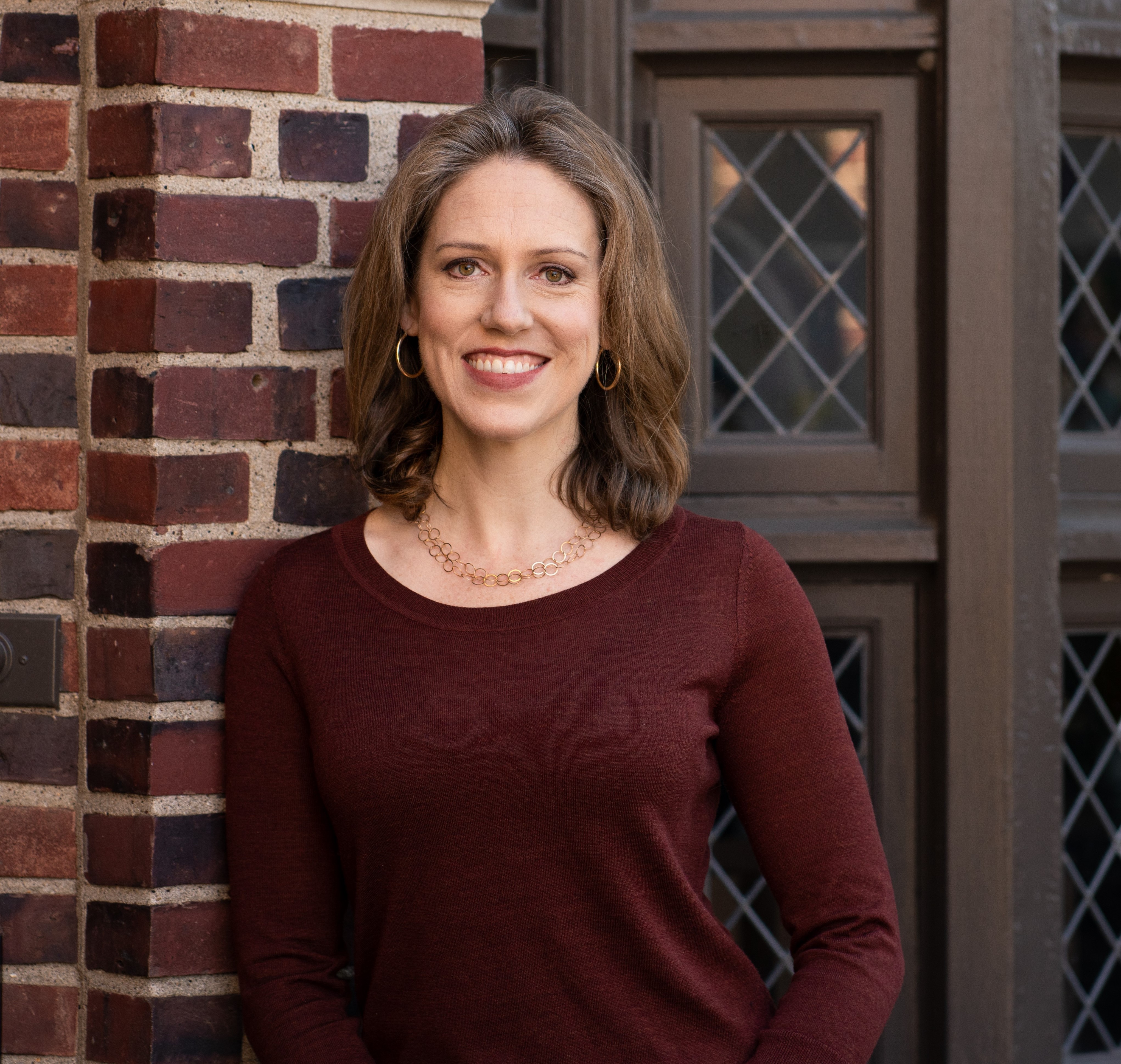 Amanda Greene
Amanda Greene
In-Class Collaboration & Lecture (April 25 - May 6, 2022)
Lecture: The Logic of Legitimacy
April 29, 2022 • 11:00 AM - 1:00 PM • Wilkinson Hall 221
Bio: Amanda Greene is an Associate Professor in the Department of Philosophy at University College London, which she joined in 2015. At UCL she teaches undergraduate and graduate courses in legal and political philosophy, as well as contributing to the core courses in the PPE Program and the European Social and Political Studies Program. Her research examines the nature of legitimate political authority, especially as it relates to democracy and political realism. She also writes about free speech, human rights, the morality of markets, and Plato’s political philosophy. Her work has been published in Law and Philosophy, European Journal of Philosophy, and Oxford Studies in Political Philosophy. Her current project is a book manuscript entitled The Morality of Power: Legitimacy in Politics, Business, and Civil Society, under contract with Oxford University Press. She received her Ph.D. at Stanford University, M.Phil. at Oxford University, and B.A. at UNC-Chapel Hill. She has held research fellowships at the University of Chicago Law School, Princeton University’s Center for Human Values and the James Madison Program, and the Graduate Institute for International and Development Studies (IHEID) in Geneva. Before entering academia, she worked as a strategy consultant for the Boston Consulting Group. She also worked as a development advisor for non-profit and civil society organizations in India and Australia
Marie Newhouse
In- Class Collaboration & Lecture (February 28 - March 4, 2022)
Lecture: Legal Obligation, Criminal Wrongdoing, and Necessity
March 4, 2022 • 11:00 AM - 12:30 PM • Wilkinson Hall 221
Bio: Marie Newhouse is a Senior Lecturer in Law, Philosophy, and Public Policy at the University of Surrey. Her scholarship endeavors to clarify and resolve contemporary legal and policy issues by using the analytical tools of neighboring disciplines. In recent projects, she has applied principles of Kantian legal philosophy to controversial questions concerning the prerequisites for legal obligation, the nature of criminal wrongdoing, the nature and scope of the necessity defense, the rights and obligations associated with civil disobedience, and the correct approach to legislative interpretation. She also sometimes uses microeconomic models and other tools of social science to generate answers to questions about distributive justice and the advisability of specific legal reform proposals. Prior to joining the University of Surrey, Dr. Newhouse was an Edmond J. Safra Fellow at Harvard Law School. She holds a PhD in public policy from Harvard University and a JD from the University of Washington School of Law.
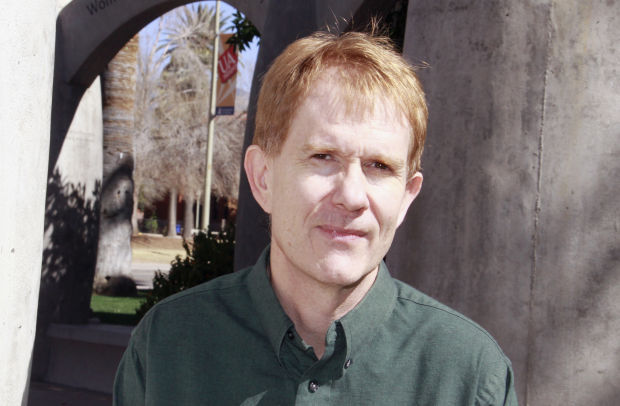 Shaun Nichols
Shaun Nichols
In- Class Collaboration
January 10 - 21, 2022
Professor Shaun Nichols is a philosopher at Cornell University. Most of his research concerns the psychological foundations of philosophical thought. He has been drawing on learning theory to try to understand how people acquire philosophically significant concepts and distinctions, especially in the domain of morality.
2021 Fall
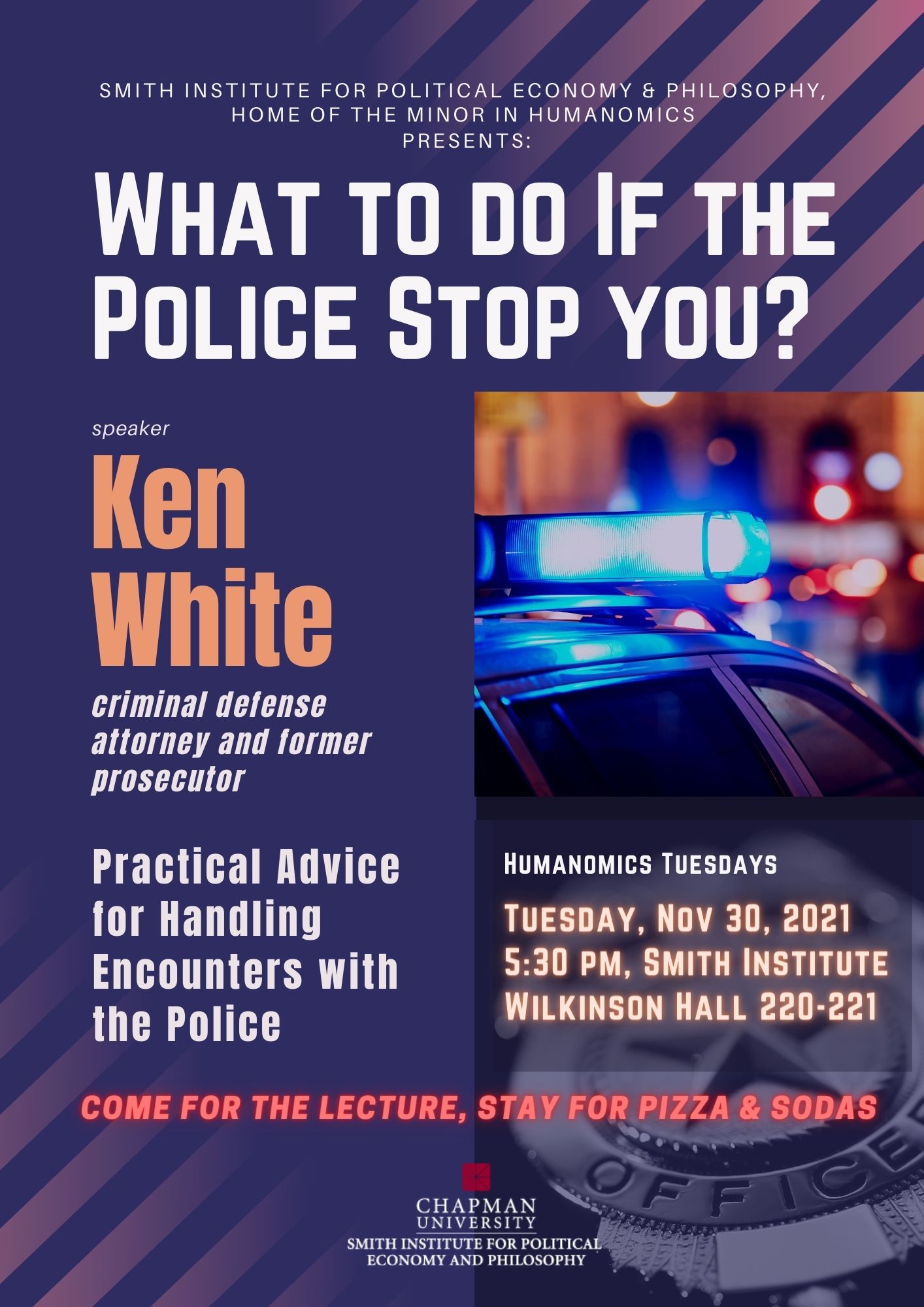 Ken White
Ken White
Lecture: "What To Do If The Police Stop You?"
November 30, 2021 • 5:30 PM • Wilkinson Hall 220 - 221
Practical advice for handling encounters with the police. Speaker Ken White is a criminal defense attorney and former prosecutor.
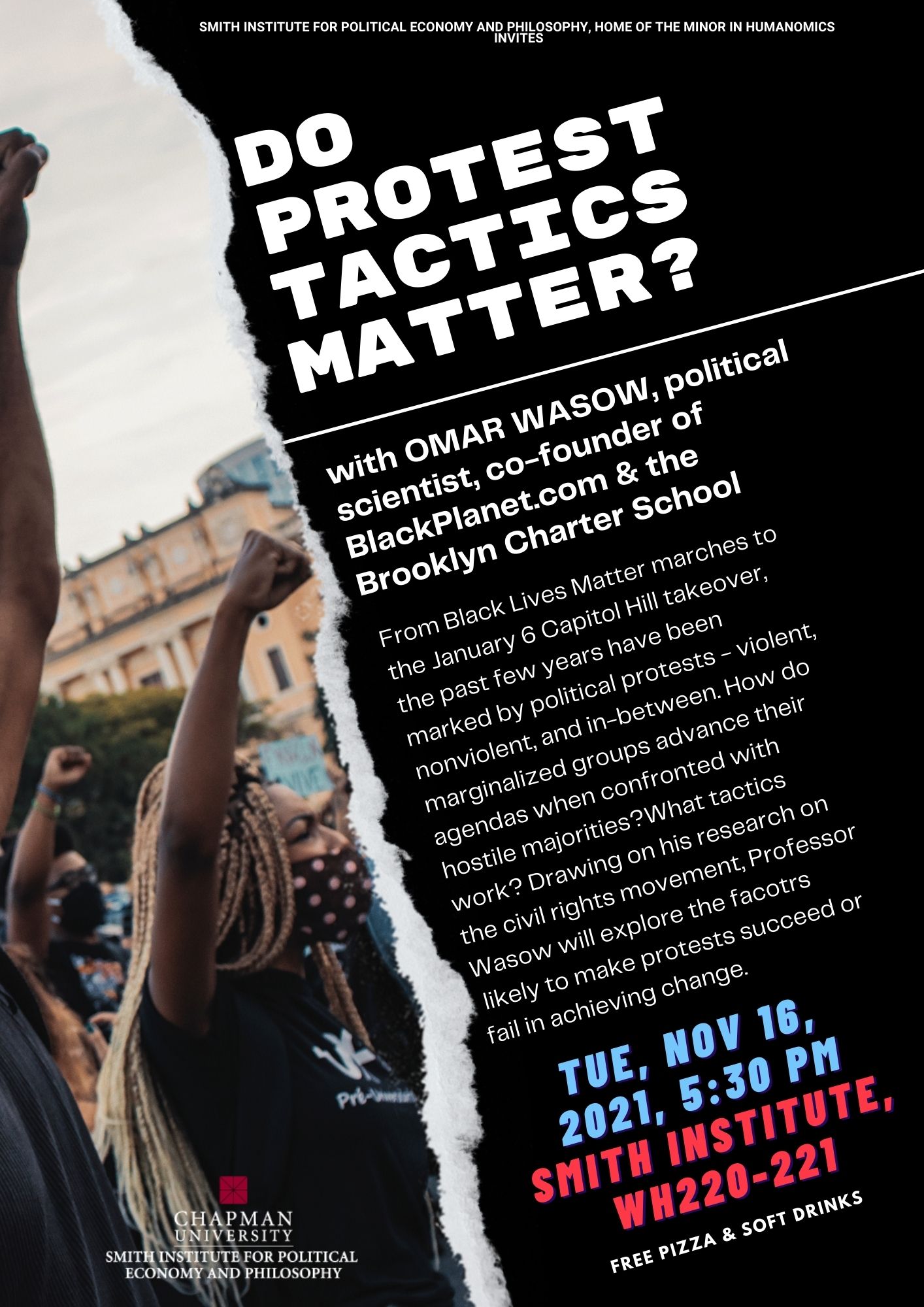
Omar Wasow
Lecture: "Do Protest Tactics Matter?"
November 16, 2021 • 5:30 PM • Wilkinson Hall 220 - 221
From Black Lives Matters marches to the January 6 Capitol Hill takeover, the past few years have been marked by political protests—violent, nonviolent, and in-between. How do marginalized groups advance their agendas when confronted with hostile majorities? What tactics work? Drawing on his research on the civil rights movement, Professor Wasow will explore the factors likely to make protests succeed or fail in achieving change.
Professor Omar Wasow is a Pomona college political scientist, co-founder of BlackPlanet.com and the Brooklyn Excelsior Charter School.
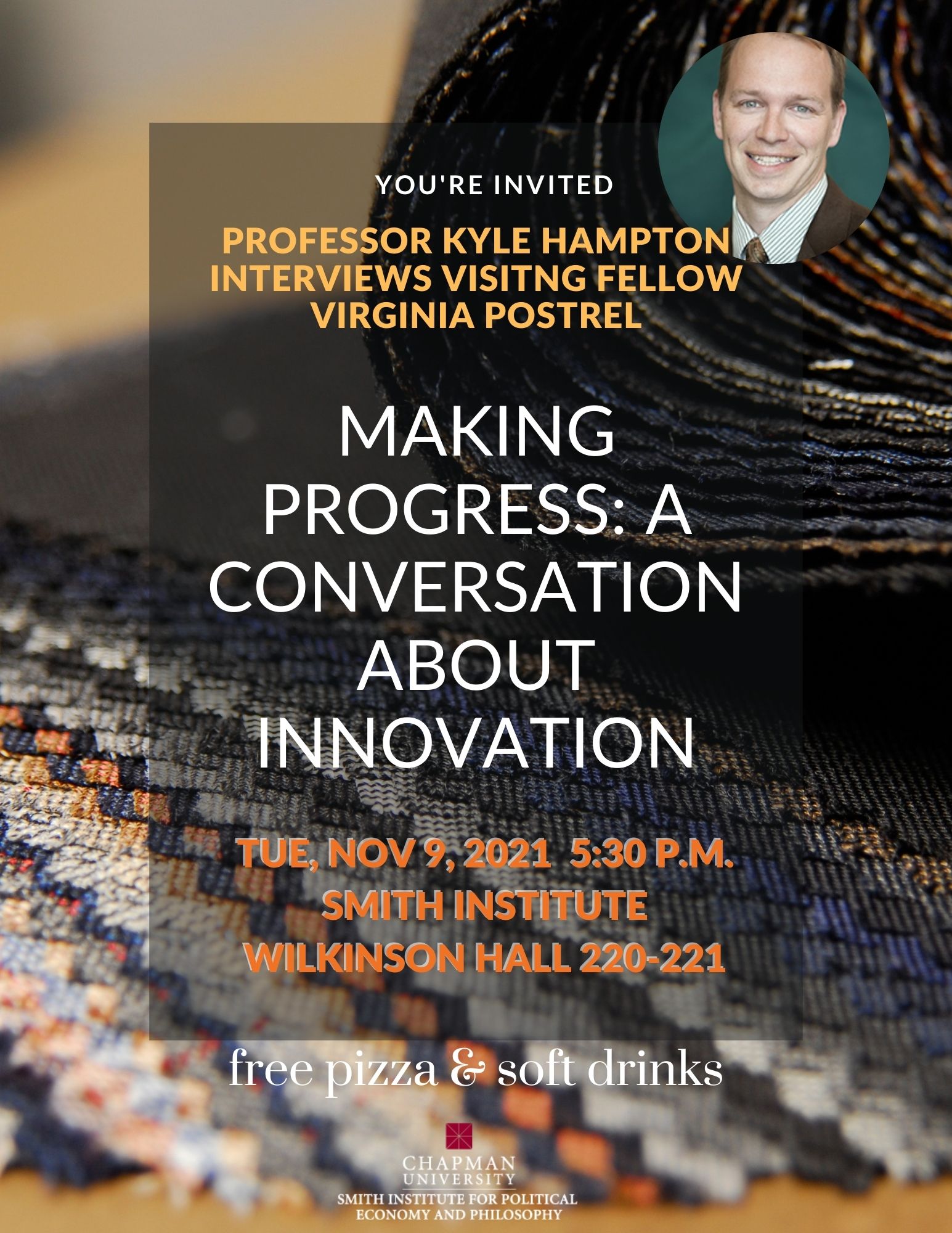 Virginia Postrel interviewed by Professor Kyle Hampton
Virginia Postrel interviewed by Professor Kyle Hampton
"Making Progress: A Conversation About Innovation"
November 9, 2021 • 5:30 PM • Wilkinson Hall 220 - 221
In this 'interview-style' talk, Professor Kyle Hampton will engage in dialogue with Smith Institute's visiting fellow, author and columnist Virgina Postrel about the importance of preserving economic and social dynamism and why someone known for her political commentary went on to write books on style, glamour, and textiles.
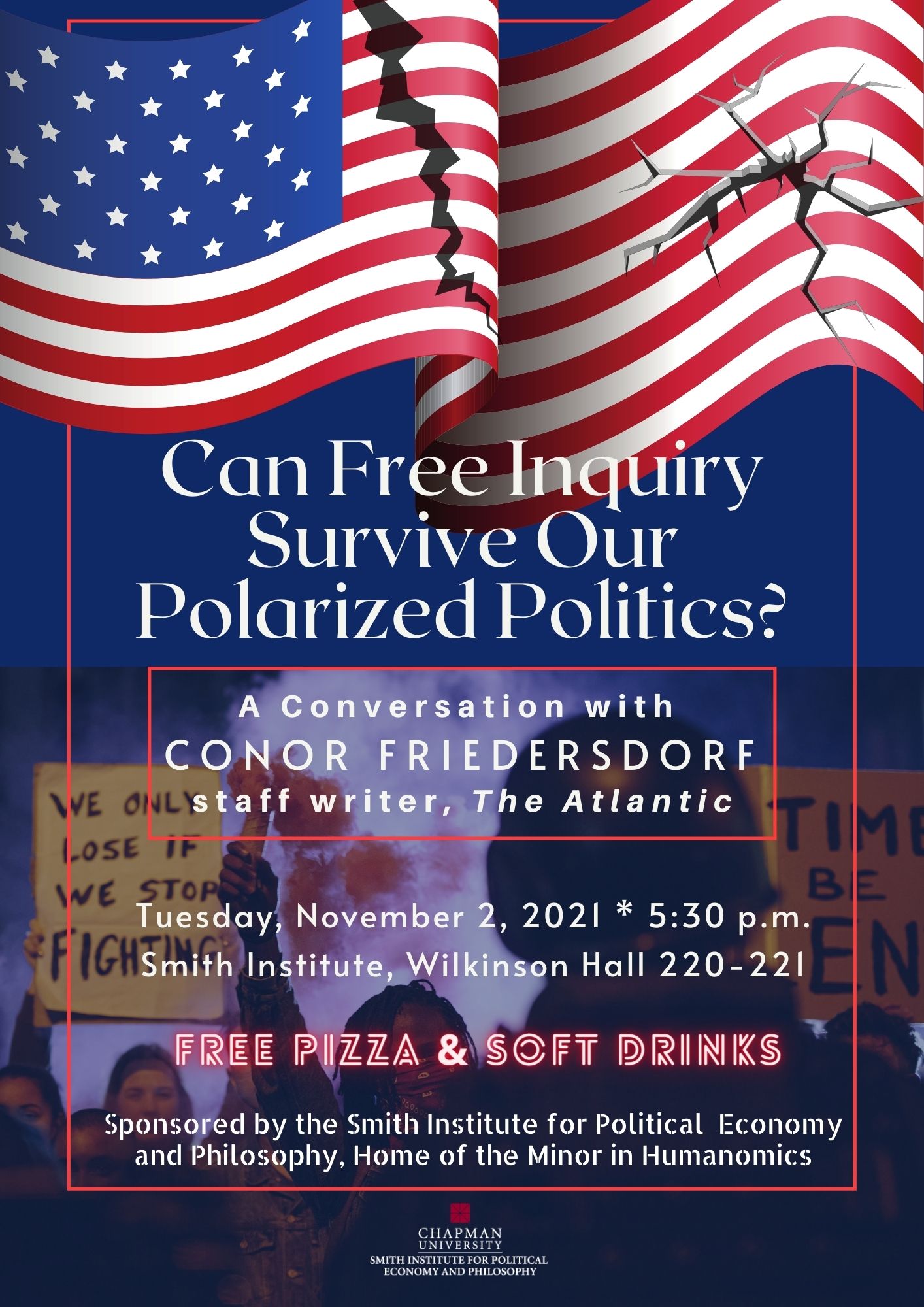 A Conversation with Conor Friedersdorf
A Conversation with Conor Friedersdorf
Lecture: "Can Free Inquiry Survive Our Polarized Politics?
November 2, 2021 • 5:30 PM • Wilkinson Hall 220 - 221
Conor Friedersdorf is a writer for The Atlantic and he will be interviewed by Visiting Professor Virginia Postrel.
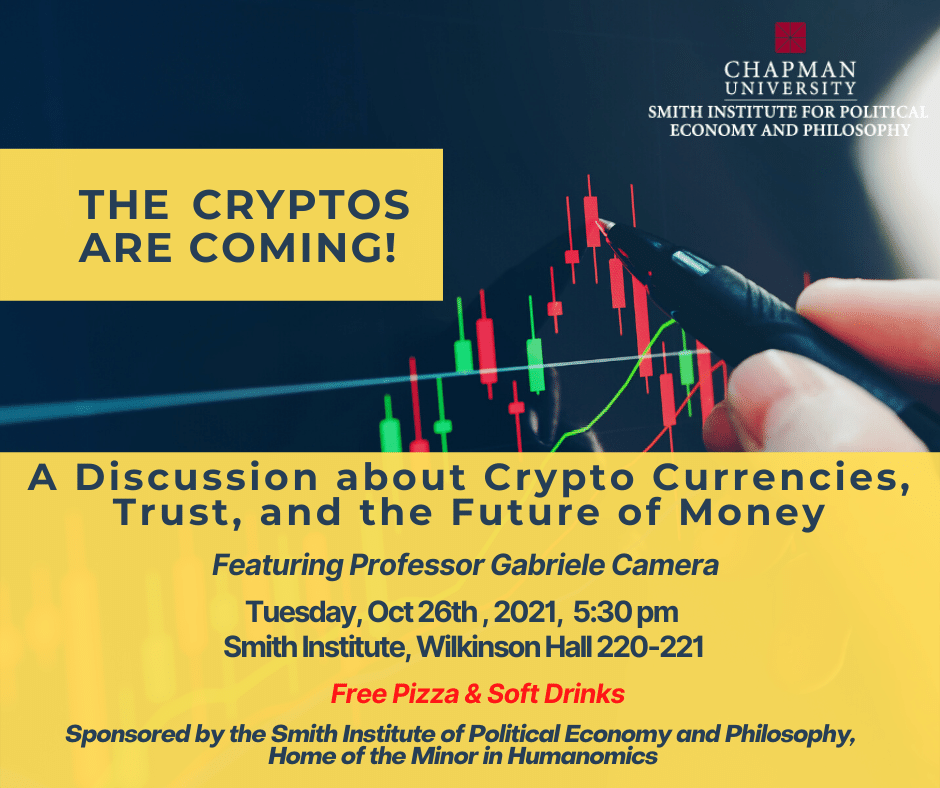
Gabriele Camera
Lecture: "The Cryptos are Coming: A Discussion about Crypto Currencies, Trust, and the Future of Money"
October 26, 2021 • 5:30 PM • Wilkinson Hall 220 - 221
In this talk, Professor Gabriele Camera will discuss the emergence of crypto currencies, trust, and the future of money.
Gabriele Camera is Professor of Economics and Finance from the Economic Science Institute at Chapman University. His research spans several areas, including economic theory, experimental economics, industrial organization, labor economics, macroeconomics and monetary economics. His current research focuses on studying the role of institutions in supporting cooperation in society, especially in situations where decision makers may be tempted to behave opportunistically, may not trust each other, and are unable to form stable partnerships.
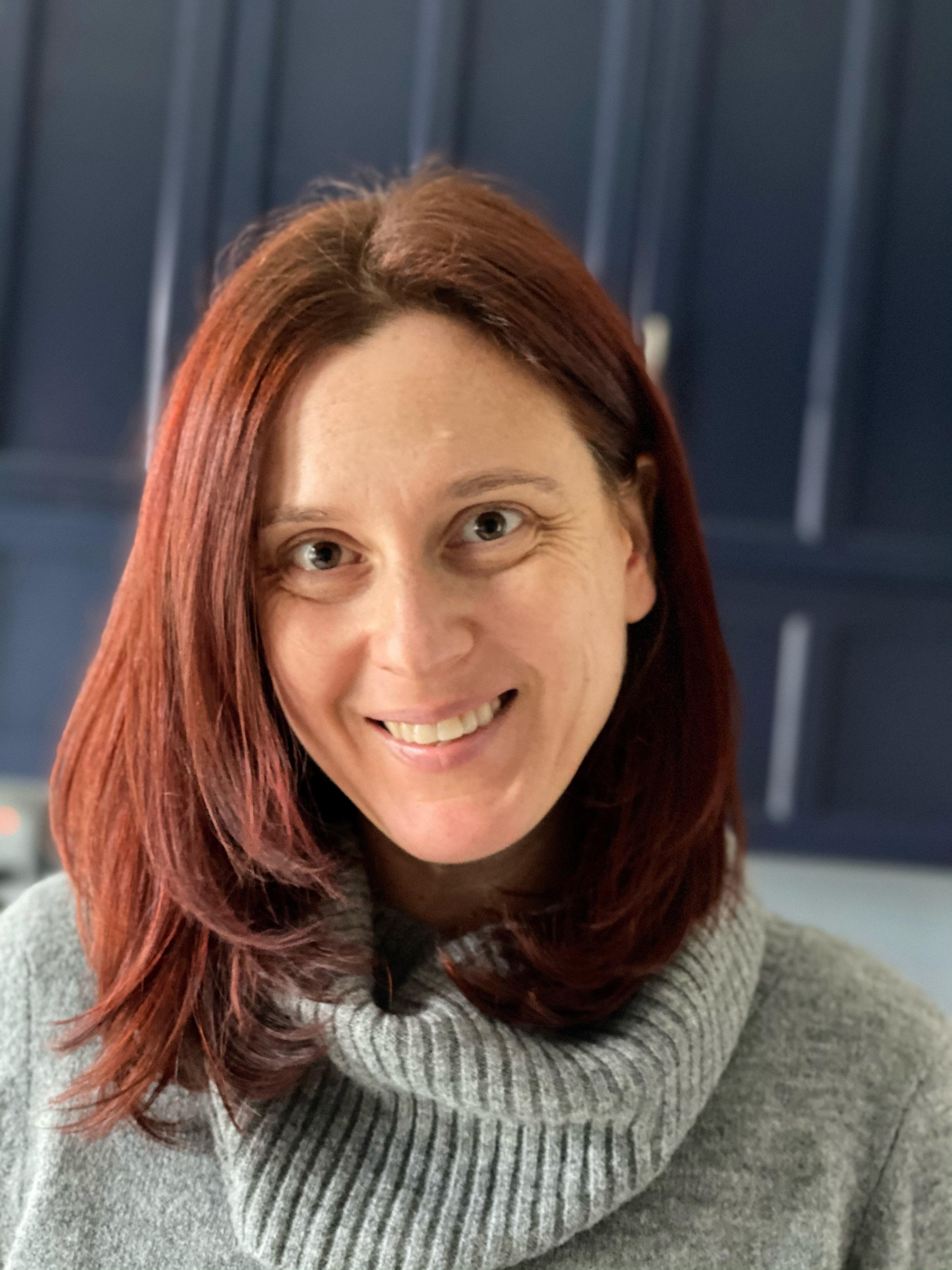 Susanne Sreedhar
Susanne Sreedhar
Lecture: "Hobbes on Sex"
October 4, 2021 • 4:00 PM • Wilkinson Hall 221
This talk explores the views on gender and sexuality held by 17th century English philosopher, Thomas Hobbes. It argues that these views are central to Hobbes’s (in)famous political theory.
Dr. Susanne Sreedhar is an Associate Professor oh Philosophy and Women’s, Gender, and Sexuality Studies at Boston University. Her current research focuses on the intersection of feminist philosophy and the history of political thought.
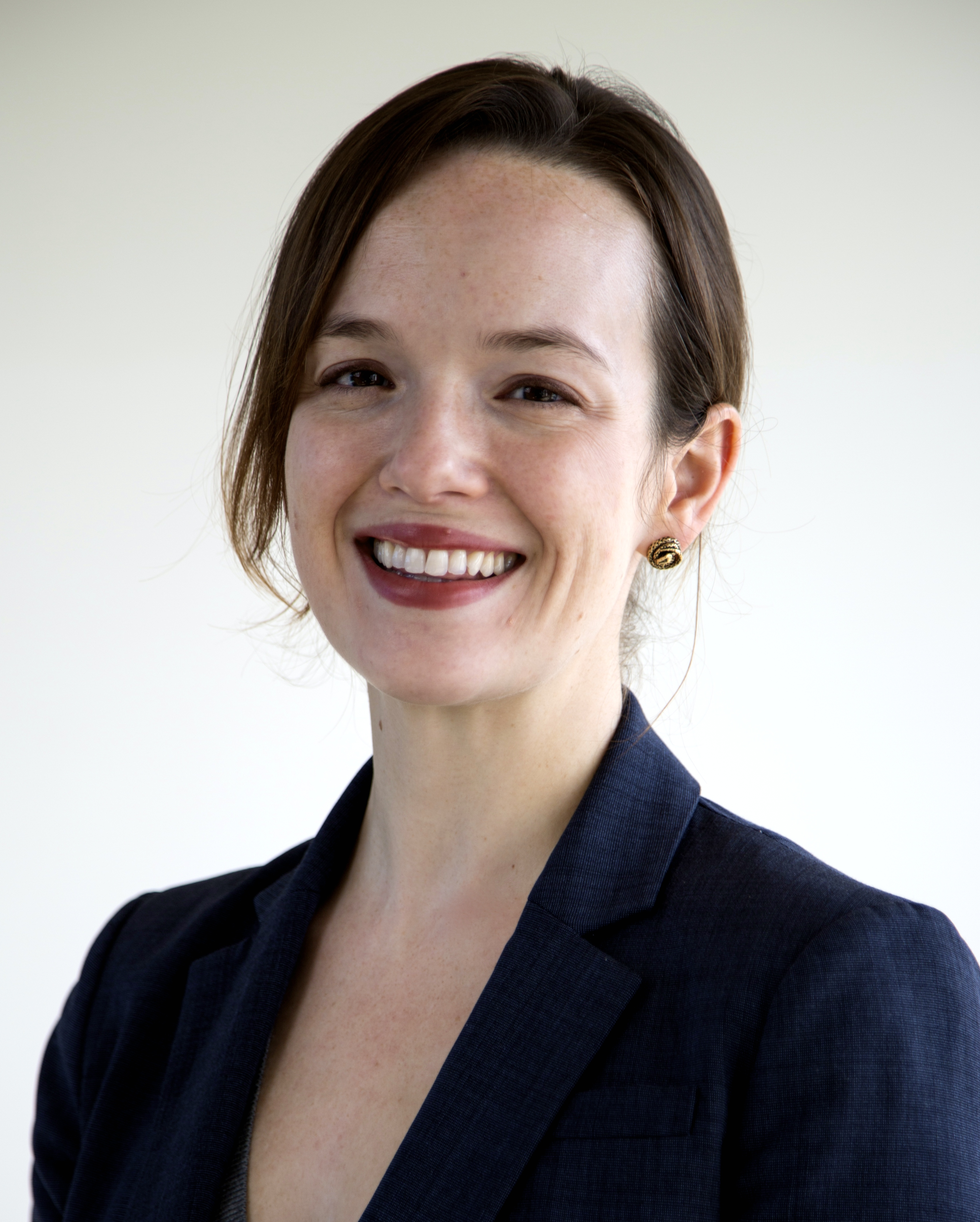 Teresa Bejan
Teresa Bejan
Lecture: “Peers and Equals”
September 16, 2021 • 4:00 PM • Wilkinson Hall 220
This talk will consider how and why an ancient idea—that human beings are naturally
“equal”—became suddenly and spectacularly effectual in the early modern England. It
focuses on the theory and practice of the so-called Levellers and their contribution
to the emergence of what contemporary political philosophers call “basic equality”
as the defining premise of modern political thought.
Dr. Teresa M Bejan is Associate Professor of Political Theory and a Fellow of Oriel
College at the University of Oxford. She is the author of Mere Civility: Disagreement and the Limits of Toleration (2017) and is currently completing her second monograph for Harvard University Press,
tentatively entitled First Among Equals: Early Modern Equality in Theory and Practice.
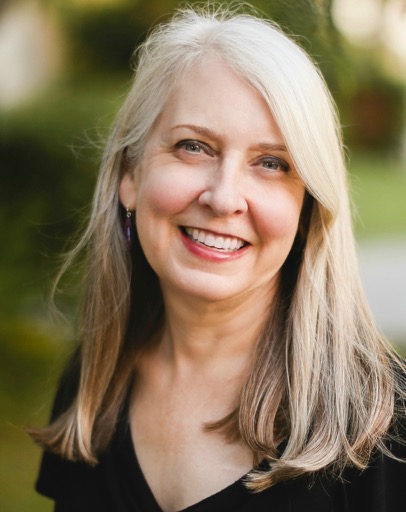 Virginia Postrel
Virginia Postrel
Visiting Professor
In-Class Collaboration
Virginia Postrel is an award-winning journalist and the author of four books: The Fabric of Civilization (Basic Books, 2020), The Power of Glamour (Simon & Schuster, 2013), The Substance of Style (2003), and The Future and Its Enemies (1998). Her particular interest is the intersection of commerce, culture, and technology. She is currently a columnist for Bloomberg Opinion and has previously been a columnist for The Wall Street Journal, The Atlantic, and The New York Times. From July 1989 to January 2000, she served as the editor-in-chief of Reason. She began her career as a reporter in the Philadelphia bureau of The Wall Street Journal and then worked as a staff writer for Inc. in Boston before moving to Los Angeles and joining Reason as an assistant editor. She is a 1982 graduate of Princeton University, where she combined a major in English literature, emphasizing the Renaissance, with a heavy course load in economics.
For more of her work, visit her website at vpostrel.com
2020 Fall
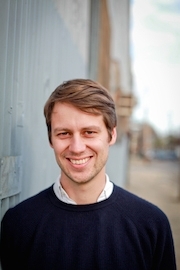 One Day Virtual Student Colloquium
One Day Virtual Student Colloquium
October 17, 2020This is our first annual student colloquium, organized by students in collaboration with faculty, and sponsored by the Smith Institute. The colloquium will bring together students and Smith Institute faculty to discuss a set of readings on personal identity and the self. Our main reading is Derek Parfit, Reasons and Persons - a classic in philosophy. This will be compared with readings on Buddhist conceptions of the self, which Parfit claims is similar to his.
For more information on this event and how to be part of it, please contact Professor Bas Van der Vossen.
2020 Spring
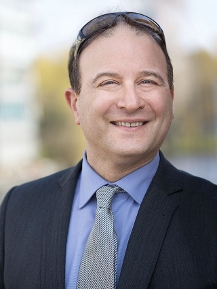 Eric Schliesser
Eric Schliesser
January 6-29, 2020
In-class collaboration
Bio: Dr. E.S. Schliesser (1971) is a professor of Political Science, with a focus on Political Theory, at the University of Amsterdam’s (UvA) Faculty of Social and Behavioural Sciences.
Eric Schliesser's (PhD, The University of Chicago, 2002) research encompasses a variety of themes, ranging from economic statistics in classical Babylon, the history of the natural sciences and forgotten 18th-century feminists (both male and female) to political theory and the history of political theory and the assumptions used in mathematical economics. Schliesser's interest in the influence of Chicago school of economics has increasingly moved his research toward the study of the methodology and political role of economists as experts.
He was previously affiliated with Syracuse University, Leiden University, and Ghent University among others. Schliesser has published prolifically on Newton, Huygens, Spinoza, Berkeley, Hume, Adam Smith and Sophie De Grouchy. His publications include his monograph, Adam Smith: Systematic Philosopher and Public Thinker (OUP, 2017). He has edited numerous volumes including (inter alia) Newton and Empiricism (OUP, with Zvi Biener, 2014); Sympathy, a History of a Concept (OUP, 2015); Ten Neglected Classics of Philosophy (Oxford, 2017). Right now he is working on a translation and critical edition of Sophie de Grouchy's Letters on Sympathy (together with Sandrine Berges). He keeps a daily blog Digressionsnimpressions.
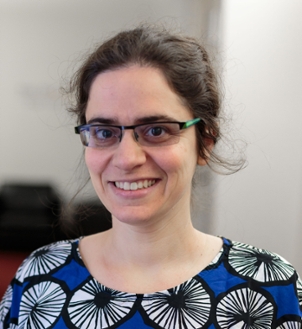 Agnes Callard
Agnes Callard
February 10-21, 2020
Bio: Agnes Callard is Associate Professor and director of Undergraduate studies in the department of Philosophy at the University of Chicago. She received her MA in Classics and her Ph.D. in Philosophy from the University of California, Berkeley. Her primary areas of specialization are Ancient Philosophy and Ethics. Her book, Aspiration: the agency of becoming (OUP, 2018), argues for the existence of a practically rational process by which agents endeavor to learn to value new things. She is currently at work on a book about Socratic Refutation.
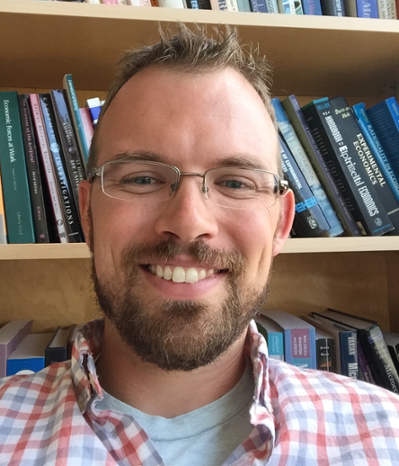 Workshop on Kinship and Social/Economic Behavior
Workshop on Kinship and Social/Economic Behavior
March 7, 2020
The study of kinship has traditionally been the domain of anthropology, but there is growing interest in the topic among other social scientists. Bringing together speakers from economics and anthropology, our workshop aims to explore how kinship practices influence (and are influenced by) our social world with an interdisciplinary approach. We will bring together world-renowned scholars working at the cutting edge of kinship research. The intended audience of the workshop consists of faculty and students with interdisciplinary interests. The workshop provides a unique opportunity to explore how historical events and cultural and religious practices have interacted to create widely varying kin-based institutions across societies; and how kin-based institutions in turn impacted contemporary political and economic outcomes around the world. For more information, please contact the event organizer Professor Erik Kimbrough, ekimbrou@chapman.edu.
2019 Fall
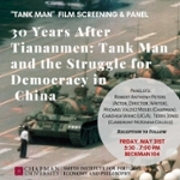 "Tank Man" Film Screening & Panel
"Tank Man" Film Screening & Panel
30 Years After Tiananmen: Tank Man and the Struggle for Democracy in China
May 31, 219 • 5:30 - 7:00 PM • Beckman 104Reception at 7:00 PM
Panelists: Robert Anthony Peters (Actor, Director, and Writer), Michael Valdez Moses (Chapman University), Chaohua Wang (UCLA), Terril Jones (Claremont McKenna College)
Manuscript Workshop: Daniel Layman, Locke Among the Radicals
September 13, 2019 • 8:00 AM - 5:00 PM • Becket Building 102The Smith Institute will host a manuscript workshop centered around Daniel Layman’s
forthcoming book Locke Among the Radicals.
In addition to members of the Smith Institute, participants include:
- Daniel Layman (Davidson College);
- Eric MacGilvray (Ohio State University);
- Frank Lovett (Washington University, St. Louis).
Attendance is free. Participants will be expected to read Dr. Layman’s manuscript ahead of the event. The manuscript is available upon request. Please contact Professor Bas van der Vossen.
 1st Annual Meeting of Locke Working Group
1st Annual Meeting of Locke Working Group
September 14, 2019 • 8:00 AM - 5:00 PM • Wilkinson Hall 120The Smith Institute will host the first ever meeting of a new working group focused on the political thought of John Locke. The working group brings together early to mid-career scholars from different countries with the aim to continue and develop Lockean political thought. Participants this year are:
- Susanne Shreedhar (Boston University);
- Kathryn Tabb (Columbia University);
- Tim Stuart-Buttle (York University);
- Kei Numao (Keio University);
- Jesse Spafford (Graduate Center, CUNY);
- Johan Olsthoorn (University of Amsterdam);
- Billy Christmas (King’s College London);
- Daniel Layman (Davidson College);
- Bas van der Vossen (Chapman University).
Attendance is free. As this is a read-ahead workshop, participants should contact the event’s organizer Bas van der Vossen to obtain the readings.
Student Colloquium: Freedom, Oppression, and Marriage: Reading Locke and his Female Interlocutors
October 12, 2019 • 8:00 AM - 5:00 PM • BK204This student colloquium will investigate the political thought of John Locke and how
this treats women’s rights and freedom. Many feminist authors have criticized Locke
and liberalism on the grounds that these cannot treat women as truly free and equal
persons. We will be reading part of Locke’s original text in conversation with a number
of Locke’s female interlocutors, many of whom offered arguments about their rights,
their freedom in marriage, often anticipating, using or critiquing Locke’s arguments.
We’ll be asking whether we should be worried about Lockean liberalism in light of
the oppression of women, or might use his theory to make sense of these problems
The event is organized by Professor Katharine Gillespie and Bas van der Vossen. Both will also moderate student discussion. The event is invitation only and is sponsored by the Institute for Humane Studies.
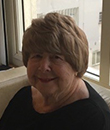 Marjorie Perloff, Ph.D., Presidential Fellow, Chapman University
Marjorie Perloff, Ph.D., Presidential Fellow, Chapman University
Author of Wittgenstein’s Ladder: Poetic Language and the Strangeness of the Ordinary
Lecture: The Strangeness of the Ordinary: Wittgenstein’s Philosophical Investigations
October 24, 2019 • 7:00 PM • Argyros Forum 209Ludwig Wittgenstein’s Philosophical Investigations—one of the great philosophy books of the 20th century—argues that philosophy is not a theory but a practice and that its key is an understanding of how language works. There are no grand overarching Platonic ideas—of beauty, goodness, justice, truth—but rather words that have meanings in very specific contexts. The Philosophical Investigations takes on—and refutes—the Augustinian theory of language which prevailed for centuries—the theory that WORDS represent specific THINGS. Dr. Perloff argues that what Wittgenstein teaches us above all else is to question large, meaningless generalizations, whether in politics or aesthetics or ethics. He helps us understand that there are no thoughts outside of language.
Marjorie Perloff was born Gabriele Mintz into an assimilated Jewish family in Vienna. In the immediate aftermath of the Anschluss, Gabriele, her parents, and older brother escaped to Switzerland and later emigrated to the United States. A prolific and groundbreaking scholar, Dr. Perloff has written more than a dozen books. A recipient of the Robert Penn Warren Prize, Dr. Perloff is Scholar-in-Residence and Florence Scott Professor of English Emerita, at USC, and Sadie Dernham Patek Professor of Humanities Emerita, at Stanford University. She is an elected Fellow of the American Philosophical Society and the American of Arts and Sciences.
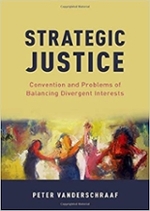 Strategic Justice Conference
Strategic Justice Conference
November 16, 2019 • 9:00 AM • Becket 102The Smith Institute will host a workshop on Peter Vanderschraaf's recent book, Strategic
Justice: Convention and Problems of Balancing Divergent interests. The workshop will
include papers from:
- Jerry Gaus (University of Arizona);
- Paul Weithman (Note Dame University);
- Michael Moehler (Virgina Tech);
- Justin Bruner (University of Arizona);
- John Thrasher (Chapman University).
In addition:
- Peter Vanderschraaf (Arizona);
- Brian Skyrms (Irvine);
- James Hanink (Loyola-Marymount University);
will also be attending. The narrow purpose of this event is to workshop commentary papers for various journals on PEter's book, but the larger purpose is to encourage thought and discussion about the ideas in the book more generally to foster ties between the participants and members of the Smith Institute and Chapman University.
"Peter Vanderschraaf’s highly anticipated Strategic Justice is simultaneously the best book on conventions since David Lewis’s Convention, and one of the best systematic works on justice and political philosophy of the 21st Century so far. Like Lewis, Vanderschraaf makes advances in the technical study of conventions while at the same time using these ideas to solve core problems in moral and political philosophy. Vanderschraaf develops the thesis that justice is conventional—an idea shared by Epicurus, Hobbes, and Hume among others—with an unusual level of precision, rigor, and insight. Along the way, Strategic Justice addresses tough questions about the stability and attractiveness of a conventional theory of justice, as well as the hard problem of how the vulnerable will be treated in such a system. I suspect it will take many years for all of the insights here to be digested. Nevertheless, Strategic Justice should be required reading for serious students of conventions and political philosophy. There is much to learn here and those who take the time to join the ranks of the initiated will be rewarded for their time and effort" - Professor John Thrasher, Chapman University.
This event is organized by Professor John Thrasher. Please contact the organizer for specific details.
2019 Spring
 Eric Schliesser
Eric Schliesser
January 2-30, 2019
In-class collaboration:
ECON/ENG/PHIL 357 "Topics in Humanomics: Milton's Paradise Lost and the Ethics and
Economics of Wealth Creation"
Bio: Dr. E.S. Schliesser (1971) is a professor of Political Science, with a focus on Political Theory, at the University of Amsterdam’s (UvA) Faculty of Social and Behavioural Sciences.
Eric Schliesser's (PhD, The University of Chicago, 2002) research encompasses a variety of themes, ranging from economic statistics in classical Babylon, the history of the natural sciences and forgotten 18th-century feminists (both male and female) to political theory and the history of political theory and the assumptions used in mathematical economics. Schliesser's interest in the influence of Chicago school of economics has increasingly moved his research toward the study of the methodology and political role of economists as experts.
He was previously affiliated with Syracuse University, Leiden University, and Ghent University among others. Schliesser has published prolifically on Newton, Huygens, Spinoza, Berkeley, Hume, Adam Smith and Sophie De Grouchy. His publications include his monograph, Adam Smith: Systematic Philosopher and Public Thinker (OUP, 2017). He has edited numerous volumes including (inter alia) Newton and Empiricism (OUP, with Zvi Biener, 2014); Sympathy, a History of a Concept (OUP, 2015); Ten Neglected Classics of Philosophy (Oxford, 2017). Right now he is working on a translation and critical edition of Sophie de Grouchy's Letters on Sympathy(together with Sandrine Berges). He keeps a daily blog Digressionsnimpressions.
Robert Sugden
Workshop: April 4• 9:00 AM
Bio: Robert Sugden is Professor of Economics at the University of East Anglia in the United Kingdom. His research uses a combination of theoretical, experimental and philosophical methods to investigate issues in behavioural economics, normative economics, choice under uncertainty, the foundations of decision and game theory, the methodology of economics, and the evolution of social conventions. His current work focuses on the problem of reconciling behavioural and normative economics, and is synthesized in his recent book The Community of Advantage (Oxford University Press, 2018).
Jacqueline Broad & Karen Detlefsen
Lecture: "Women and Liberty, 1600-1800: Philosophical Essays"
April 23, 2019 • 5:00 - 6:30 PM • AF209C
Reception at 6:30 PM
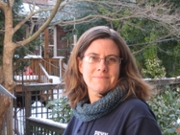 Bio: Karen Detlefsen is Professor of Philosophy and Education at the University of Pennsylvania.
Her research focuses on early modern philosophy, including the history of philosophy
of science, the history and philosophy of education, and women in the history of philosophy.
She has published on a wide range of figures, including Astell, Cavendish, Conway,
Descartes, Du Châtelet, Hobbes, Leibniz, Malebranche, and Wolff, covering topics in
metaphysics, the natural sciences, ethics and political philosophy. She has held grants
from the National Science Foundation, the American Council of Learned Society, the
Australian Research Council, and the Social Sciences and Humanities Council of Canada.
Bio: Karen Detlefsen is Professor of Philosophy and Education at the University of Pennsylvania.
Her research focuses on early modern philosophy, including the history of philosophy
of science, the history and philosophy of education, and women in the history of philosophy.
She has published on a wide range of figures, including Astell, Cavendish, Conway,
Descartes, Du Châtelet, Hobbes, Leibniz, Malebranche, and Wolff, covering topics in
metaphysics, the natural sciences, ethics and political philosophy. She has held grants
from the National Science Foundation, the American Council of Learned Society, the
Australian Research Council, and the Social Sciences and Humanities Council of Canada.
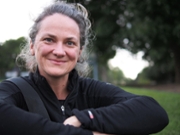 Bio: Jacqueline Broad is Associate Professor of Philosophy in the School of Philosophical,
Historical, and International Studies at Monash University, Melbourne, Australia.
Her main area of expertise is early modern philosophy. Her recent books include The
Philosophy of Mary Astell (Oxford University Press, 2015) and an edited volume (with
Karen Detlefsen) Women and Liberty, 1600-1800: Philosophical Essays (Oxford University
Press, 2017). She is currently working on a two-volume edition of the correspondence
of women philosophers of the early modern period, for publication with Oxford's New
Histories of Philosophy series.
Bio: Jacqueline Broad is Associate Professor of Philosophy in the School of Philosophical,
Historical, and International Studies at Monash University, Melbourne, Australia.
Her main area of expertise is early modern philosophy. Her recent books include The
Philosophy of Mary Astell (Oxford University Press, 2015) and an edited volume (with
Karen Detlefsen) Women and Liberty, 1600-1800: Philosophical Essays (Oxford University
Press, 2017). She is currently working on a two-volume edition of the correspondence
of women philosophers of the early modern period, for publication with Oxford's New
Histories of Philosophy series.
2018 Fall
 Deirdre McCloskey
Deirdre McCloskey
October 15-18, 2018
In-class collaborations:
FFC 100 "Humanomics: Exchange and the Human Condition"
FFC 100 "Humanomics: The Ism Schism"
Econ 315 "Economics of Religion"
Bio: Deirdre N. McCloskey has been since 2000 UIC Distinguished Professor of Economics,
History, English, and Communication at the University of Illinois at Chicago. Trained
at Harvard as an economist, she has written sixteen books and edited seven more, and
has published some three hundred and sixty articles on economic theory, economic history,
philosophy, rhetoric, feminism, ethics, and law. She taught for twelve years in Economics
at the University of Chicago, and describes herself now as a "postmodern free-market
quantitative Episcopalian feminist Aristotelian." Her latest books are How to be Human* *Though an Economist (University of Michigan Press 2001), Measurement and Meaning in Economics (S. Ziliak, ed.; Edward Elgar 2001), The Secret Sins of Economics (Prickly Paradigm Pamphlets, U. of Chicago Press, 2002), The Cult of Statistical Significance: How the Standard Error Costs Us Jobs, Justice,
and Lives [with Stephen Ziliak; University of Michigan Press, 2008], The Bourgeois Virtues: Ethics for an Age of Capitalism (U. of Chicago Press, 2006), Bourgeois Dignity: Why Economics Can't Explain the Modern World (U. of Chicago Press, 2010), and Bourgeois Equality: How Ideas, Not Capital or Institutions, Enriched the World (U. of Chicago Press, 2016). Before The Bourgeois Virtues her best-known books were The Rhetoric of Economics (University of Wisconsin Press, 1st ed. 1985, 2nd ed. 1998) and Crossing: A Memoir (U. of Chicago Press, 1999), which was a New York TimesNotable Book.
Her scientific work has been on economic history, especially British. Her recent book
Bourgeois Equality is a study of Dutch and British economic and social history. She has written on British
economic "failure" in the 19th century, trade and growth in the 19th century, open
field agriculture in the middle ages, the Gold Standard, and the Industrial Revolution.
Her philosophical books include The Rhetoric of Economics (University of Wisconsin Press 1st ed. 1985; 2nd ed. 1998), If You're So Smart: The Narrative of Economic Expertise (University of Chicago Press 1990), and Knowledge and Persuasion in Economics (Cambridge 1994). They concern the maladies of social scientific positivism, the
epistemological limits of a future social science, and the promise of a rhetorically
sophisticated philosophy of science. In her later work she has turned to ethics and
to a philosophical-historical apology for modern economies.
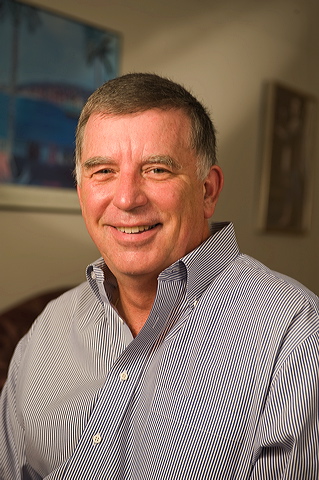 John Wallis
John Wallis
Lecture: October 19, 2018 • 3:00 p.m. • Wilkinson Hall 116
Bio: Professor Wallis received his PhD in economics from the University of Washington in 1981. After a post-doctoral fellowship at the University Chicago, he came to the University of Maryland Department of Economics in 1983. He has been a Research Associate at the National Bureau of Economic Research since 1989.
Professor Wallis is an economic historian who specializes in the public finance of American governments, constitutional development, and more generally on the institutional development of governments and economies. He teaches graduate and undergraduate courses in American Economic History (Economics 611 and 311), an undergraduate course on Economic History and Modern Development (Economics 412) and a graduate class on the theory of the state (Economics 613).
Recent publications include "Constitutions, Corporations, and Corruption" in Journal of Economic History, March 2005, "The Concept of Systematic Corruption in American History" in Glaeser and Goldin, eds. Corruption and Reform: Lessons from America's Economic History, University of Chicago Press, 2006, and Violence and Social Orders: A Conceptual Framework for Interpreting Recorded Human History, with Douglass North and Barry Weingast, Cambridge University Press, 2009.
2017 Fall
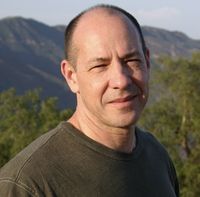 Michael Valdez Moses, Ph.D.
Michael Valdez Moses, Ph.D.
September 20, 2017 • 11 a.m.Argyros Forum 209B
"Saved the Blessings of Civilization": John Ford's Stagecoach and American Vernacular Modernism
Summary: While John Ford’s status as one of the founders of modern cinema has long been secure,
his contribution to a “modernist” cinema remains very much in doubt. While film historians
have noted the influence of Murnau’s expressionist films, especially Sunrise (1927),
on the cinema of Ford (both directors were working for Fox Studios in the mid-1920s),
and many of the most distinguished directors of the European and international “new
wave” (including François Truffaut, Jean-Luc Godard, Ingmar Bergman, Federico Fellini,
Wim Wenders, Akira Kurosawa, and Satyajit Ray) acknowledged Ford’s influence on their
art, a widespread critical perception remains that Ford’s most famous and popular
movies, and most especially his Westerns, embody a socially conservative and relatively
traditional Hollywood aesthetic. This characterization of his work fails to recognize
that Ford was a key contributor to an innovative form of vernacular American modernism
that emerged in the late 1920s and 1930s, and that offered an alternative to the cosmopolitan
and European varieties of high modernism associated with expatriate American artists
such as Ezra Pound, T. S. Eliot, and Gertrude Stein. Though the “grammar,” “lexicon,”
and “idiom” of American vernacular modernism varied according to the particular medium
or art in which it was developed, an overlapping set of subjects, motifs, and representational
techniques cut across arts as diverse as American cinematography, painting, music,
architecture, and dance. Moreover, Ford’s vernacular modernism of the late 1930s was
self-consciously populist, critical, and allied with the politically progressive elements
of the New Deal.
Focusing on Stagecoach (1939)...continue to explore the full summary.
Bio: Michael Valdez Moses is Associate Professor of English and Affiliated Member of the Faculty in the Program of Literature at Duke University. Professor Moses grew up in Los Angeles and was educated at Harvard, New College, Oxford, and the University of Virginia. He is the author of The Novel and the Globalization of Culture (Oxford UP, 1995), and editor/co-editor of A Modernist Cinema (forthcoming, Oxford UP), Modernism, Postcolonialism, Globalism: Anglophone Literature 1958 to Present (Oxford UP, 2018), Modernism and Cinema, (Edinburgh UP, 2010), Modernism and Colonialism: British and Irish Literature, 1900-1939 (Duke UP, 2007), and The Writings of J. M. Coetzee (Duke UP, 1994. He is a founding co-editor of the journal, Modernist Cultures (published by Edinburg University Press). His main interests are in 20th-century comparative literature (especially British and Irish modernism), global postcolonial literature, the history of film, and the interdisciplinary study of literature, political philosophy, and economics.
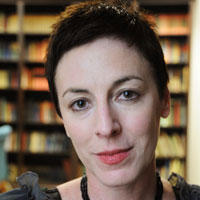
Katharine Gillespie, Ph.D.
September 21, 2017 • 4 p.m.
Wilkinson Hall 116
"Shades of Representation: Lucy Hutchinson’s Ghost and the Politics of the Representative"
Abstract: Mary Nyqvist’s and Margaret Ferguson’s groundbreaking essay collection, Re-Membering Milton (1987) called for critics to situate “Milton’s presentation of gender relations historically, including, now, in relation to the various women writers of the period who have recently been discovered” (xv). In “Shades of Representation: Lucy Hutchinson’s Ghost and the Politics of the Representative,” Katharine Gillespie heeds that call. She explores conceptions of liberty by placing Milton’s gendered analysis of idolatry in the household and the state in dialogue with Lucy Hutchinson’s more egalitarian exploration of personal and political idolatry in her writings honoring her husband, the republican war hero and regicide, John Hutchinson. Continuing her revision of earlier accounts of the supposedly adversarial relationship between feminism and liberalism, Gillespie’s exploration of emerging ideals of liberty deepens our understanding of the multiple uses and effects of this key Miltonic term.
Bio: Katharine Gillespie is Professor of Seventeenth-Century English and Colonial American Literature at Miami University. She specializes in writings by seventeenth-century women who were associated with religious and political dissent. She is the author of Domesticity and Dissent in the Seventeenth-Century: English Women Writers and the Public Sphere (Cambridge University Press, 2004) and Women Writing the English Republic, 1625-1681 (Cambridge University Press, 2917). She is the editor of Writings by Katherine Chidley (Ashgate, 2009) ) and of The Prophetess and the Patriarch: The Visions of an Anti-Regicide in Seventeenth Century England (Writings by Elizabeth Poole) (forthcoming, The Other Voices Series, Iter Press, 2017). She is currently at work on a new monograph, Eve’s Economy: Capitalism and Female Agency in the English Restoration.
George Tsai, Ph.D.
October 16, 2017 • 10:30 a.m.
Argyros Forum 209A
"Respect and the Efficacy of Blame"
Abstract: What is the role of respect in enabling blame to be effective in changing the blamed's attitude and behavior? I argue that the interest in having another person's respect plays an important role in enabling blame to be effective. More specifically, I develop an account of blame’s operations in three different cases (standard, intermediate, and proleptic blame), and raise a normative worry: when blame achieves its desired effect in cases where the blamer and blamed are far apart in their moral understanding and motivations, blame begins to approximate manipulation and coercion, leaving a moral residue.
Bio: George Tsai is an Associate Professor of Philosophy at the University of Hawaii. His research interests are in moral and political philosophy. More specifically, his work focuses on the moral complexity of relationships and transactions in our personal and political lives. He has published articles in leading venues including Philosophy and Public Affairs, Journal of Political Philosophy, Pacific Philosophical Quarterly, Social Theory and Practice, and Oxford Studies in Agency and Responsibility.
 Eric Schliesser, Ph.D.
Eric Schliesser, Ph.D.
October 23, 2017 • 8 a.m.-12:30 p.m.
Sandhu Conference Center Suite E
Adam Smith: Systematic Philosopher and Public Thinker
Summary: This workshop brings together leading experts to explore the significance of Eric Schliesser's Adam Smith (OUP, 2017). The book is the product of two decades' reflection by the author on Adam Smith and the Scottish Enlightenment. The book treats Adam Smith as an exemplary public intellectual whose ideas successfully helped shape the foundations for a liberal society. A key presupposition of the book's argument is that liberal ideas can and need to be renewed in light of both our present challenges and, simultaneously, by reflection on the paths to the present.
Unique among treatments of Adam Smith, Schliesser's book treats him as a systematic philosopher. He places Smith's ideas in the context of a host of other philosophers, especially Hume, Rousseau, and Newton; and he draws on the reception of Smith's ideas by Sophie de Grouchy, Mary Wollstonecraft, and other philosophers and economists to sketch the elements of, and the detailed connections within, Smith's system.
Schliesser offers new interpretations of Smith's views on the invisible hand, the Wealth of Nations, his treatment of virtue, the nature of freedom, the individual's relationship to society, his account of the passions, the moral roles of religion, and his treatment of the role of mathematics in economics.
For this workshop, Dr. Schliesser will be joined by Smith Institute Faculty and...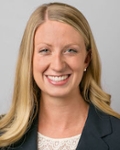
Brianne Wolf, Ph.D.
Brianne Wolf is Assistant Professor of Political Science and Director of the political economy program at Ashland University, where she teaches courses on political economy and history of political thought. She completed her undergraduate work at Michigan State University, has an M.A. from the University of Chicago, and a Ph.D. in political science from the University of Wisconsin-Madison for her dissertation work on the relationship between freedom and aesthetic judgment in the modern age. She has published on both Jean-Jacques Rousseau and Adam Smith. During summer 2018, Brianne will be a Smith Scholar in residence at Liberty Fund in Indianapolis.
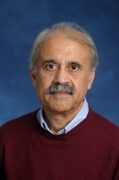
M. Ali Kahn, Ph.D.
M. Ali Khan (Abram Hutzler Professor of Political Economy) obtained his B.Sc. (Econ) from the London School of Economics, and M.Phil. and Ph.D. from Yale in 1969, 1972 and 1973 respectively. He is interested in how economics stands in relation to mathematics and language as well as to issues of ethics and epistemology, and how these registers call the robustness of disciplinary boundaries of social sciences into question. This has led him to the "economics of the 18th century", and more generally to the language of commerce in a variety of texts that includes the Quran.
 Eric Schliesser, Ph.D.
Eric Schliesser, Ph.D.
October 27, 2017 • 3 p.m.
Wilkinson Hall 116
"Rawls and the Economists on The Displacement of Knightian Uncertainty in Mathematical Economics."
Abstract: The main aim of this paper is to understand how and why (true) Knightian uncertainty was displaced during the so-called formal revolution in mathematical economics. I discuss a number of arguments that led to the sidelining of true uncertainty (associated with the ideas of Knight and Keynes) and I explore two displacement strategies associated with ideas of Arrow and Alchian. However, I frame my discussion by way of a debate between Arrow and Rawls. For, it turns out that Rawls accepted Knightian uncertainty. I propose a conceptual framework that can bring these foundational debates in mathematical economics, political economy, and political philosophy together.
Bio: Eric Schliesser (PhD in Philosophy, The University of Chicago) is Professor of Political Theory at the University of Amsterdam. He has published widely in the history and philosophy of early modern science from Newton and Spinoza to Adam Smith, the history of forgotten feminists (especially Sophie de Grouchy), and recent philosophy of economics, especially on the rise and fall of Chicago Economics. In addition to his monograph, Adam Smith: Systematic Philosopherand Public Thinker, he has edited volumes on Sympathy: History of a Concept, Ten Neglected Classics, Newton and Empiricism, The Oxford Handbook of Isaac Newton, and a forthcoming critical edition and translation of Sophie De Grouchy's Letters on Sympathy (all with Oxford University Press). Schliesser is a prolific blogger (at Digressionsnimpressions) and loves California.
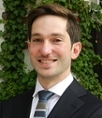 Jim Marrone, Ph.D.
Jim Marrone, Ph.D.
November 17, 2017 • 3 p.m.
Wilkinson Hall 116
"Linguistic and Cultural Assimilation as a Human Capital Process"
Abstract: I develop a learning-by-doing theory of cultural assimilation, in which an individual's cultural identity is determined by past investments in culture-specific social capital. The model incorporates several empirically relevant aspects of assimilation that have been difficult to explain in past models. The mechanism in my model yields two possible qualitative outcomes of the assimilation process, depending on the intertemporal complementarities of investment. The first, in which individuals become more homogeneous over time, has been used to explain immigrants' wage assimilation. The second, in which individuals become more heterogeneous as some assimilate and some do not, has vastly different implications for immigration and integration policies. Using detailed datasets from three immigrant destination countries, I provide a variety of evidence from linguistic, identity, and religiosity measures that cultural assimilation (in contrast to economic assimilation) most closely resembles the second type of process.
Bio: Jim Marrone is an economist at RAND Corporation in Washington, DC. He received his PhD in economics from the University of Chicago in 2017. His two research agendas focus on modeling and measuring cultural assimilation, and on measuring the size and scope of the black market for antiquities. In addition, Jim has designed and taught undergraduate courses in time series econometrics (for economics majors) and game theory (for humanities majors). In his free time he does improv and has developed/led a seminar using improv skills to help academics and researchers better communicate their work to non-specialists.
